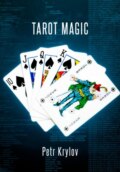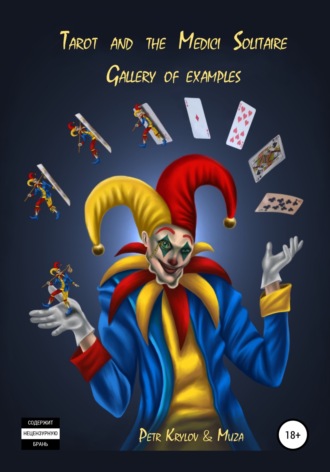
Petr Krylov
Tarot and Medici Solitaire. Gallery of examples
Introduction
.
After writing "Tarot and the Medici Solitaire. A Self-Study Guide to Stalking" in July 2021, it became clear that a library of images for each card of the Minor Arcana was urgently needed.
What's more, due to the laws of Stalking and its principles of practical application, it was vital to supplement each card with a broad range of examples, illustrating how it might manifest itself in reality.
Since there are 64 cards in a fully elaborated deck1, the total number of "tuning fork" examples approaches a thousand.
Meanwhile, the technical capabilities of publishing house engines dictate their own requirements and limitations2.
Therefore, it was decided to limit the set of images for each card to 8.
Publishers' copyright compliance requirements require that authors take images only from resources with a free 3CC0-type license4.
Therefore, to illustrate correspondence, the author must take photos and images from resources that provide such a license.
For example, Pixabay5. For which the author is sincerely grateful to this and similar resources and their creators.
Such resources operate on a goodwill basis and photos from them don't always meet the necessary requirements for the collection.
Therefore, the Minor Arcana correspondence gallery in this book is neither perfect nor complete.
Rather, it should be regarded as a kind of outline, offering an overview of the subject.
Nevertheless, the author hopes that this gallery of examples will be useful to Tarot practitioners.
Including those practicing Medici Solitaire Stalking6.
Once again, as before, the author's Muse serves as a kind of co-author of this book. I don't know what She looks like in the flesh, but common decency demands that I acknowledge Her input. Without Her invisible inspiration, participation, suggestions, and, at times, criticism, both this and the author's earlier books would simply never have become a reality.
So, consider this a coin in Her Karma bank: my deepest gratitude and sincere thanks for Her invaluable contribution.
For those new to the world of the Tarot, I would suggest first getting acquainted with the following books:
1)
Boris Monosov – "The Magical Russian Tarot"
2)
Avessalom Podvodny – "Kabbalah of Numbers"
.
Please, note:
Due to the specifics of Medici Solitaire Stalking, this book looks at and presents examples mainly of "upright" and "neutral" card readings.
Occasionally, "reversed" card interpretations are also considered, if necessary.
.
Section 1 – Disks or Diamonds.
.

Picture "Element Cube"7
.
In a Classic Tarot deck, cards of the Earth element are designated as Disks, Pentacles or Coins.
In a modern playing deck, the Earth element is designated as Diamonds.
.
In Tarot symbolism, the Earth element is associated with purely material or financial aspects of existence and related processes.
The energy of processes and events at the Muladhara Chakra level8.
.
Here and below, Tarot terminology will be used to refer to the cards.
However, their connection with standard playing card suits will also be mentioned.
.
Zero of Disks
.
Mr. N. has never made an impulsive purchase in his life.
Due to a lack of impulsive money.
.
Zero, according to the Kabbalah, 9is hidden, dormant potential, or something small and insignificant10.
Thus, the Zero of Disks is the dormant potential of Matter and Finances. Or something insignificant and small in Material and Financial matters.
For example, it may symbolize a small grain of sand or a coin.
.

Fig. 1.0.111 Zero of Disks – an empty room.12
.

Fig. 1.0.2 Zero of Disks – an empty wallet.13
.

Fig. 1.0.3 Zero of Disks – a small coin. A sum of money possessing insignificant value for the observer.14
.
Please, note:
When assessing whether a sum is insignificant or not, the observer's subjective view of the matter should be taken into account.
For one person, $ 1000 may be an insignificant sum, unworthy of attention.
Nada, nothing, a void, in effect.
While for another, it may be a dream come true, the answer to all their problems.
Therefore, depending on one's "staure", the "Zero" of Disks can carry a completely different weight for someone in reality.
.

Fig. 1.0.4 Zero of Disks – some small change in an empty cap.15
.

Fig. 1.0.5 Zero of Disks – small change – coins.16
.

Fig. 1.0.6 Zero of Disks – fine sand.17
.

Fig. 1.0.7 Zero of Disks – fine grains of sand in an empty hand.18
.

Fig. 1.0.8 Zero of Disks – a beggar. No money.19
.
The defining feature of the Zero of Disks – the Earth element remains unmanifested in either Material matters or the Financial aspect.
.
One of Disks
.
After the operation, the surgeon asks the patient: – How do you feel? – Better now, but at first I felt like was hit on the head with a log. – Unfortunately, this is, in fact, the case. When they brought you in for surgery, we ran out of anesthesia.
.
"Ones", according to the Kabbalah, represent an impulse, a thrust, a blow, or some gain.
Thus, the One of Disks represents an impulse, a thrust, a blow, an increase in Material or Financial matters.
For example, it may symbolize thrusting some object or making some small, one-time gain.
.

Fig. 1.1.1 One of Disks – an impulse, a thrust of Matter. Throwing a dart arrow.20
.

Figure 1.1.2 One of Disks – an impact or blow of Matter. A hammer blow.
.

Fig. 1.1.3 One of Disks – a basketball player throwing a ball.21
.

Figure 1.1.4 One of Disks – an impulse, a thrust of Matter. Crossfit. An athlete pushing a tire.22
.

Figure 1.1.5 One of Disks – an impulse, a blow on Matter. A soccer player kicking the ball. 23
.

Figure 1.1.6 One of Disks – an impulse, a financial boost. A one-off, one-time, gain.24
.

Figure 1.1.7 One of Disks – an image of Matter impacting Finance. The image of a hammer blow on a silver coin.25
.

Figure 1.1.8 One of Disks – an increase or growth of Matter. A bricklayer putting a brick in a brick wall.
.
One of the distinguishing features of the "Ones" is that they immediately seek to move into the "Twos" – engagement and interaction.
Therefore, the line between "Ones" and "Twos" is quite conditional.
And it's determined mainly by temporal boundaries and point of view.
Usually, attention is focused before the process transitions from the "One" to the "Two".
.
Two of Disks
.
From a traffic police protocol.
There was a car accident: opening his car door, the driver of the Ford Pinto scratched the Mercedes, which had stopped next to it at the intersection. The driver died from his injuries…
.
"Twos", according to the Kabbalah, represent interaction.
Thus, the Two of Disks represents interaction in Material or Financial matters.
For example, it may symbolize material objects colliding, or giving/receiving change during a purchase.
A distinctive feature of "Twos" is that the impact usually produces an opposite response.
.
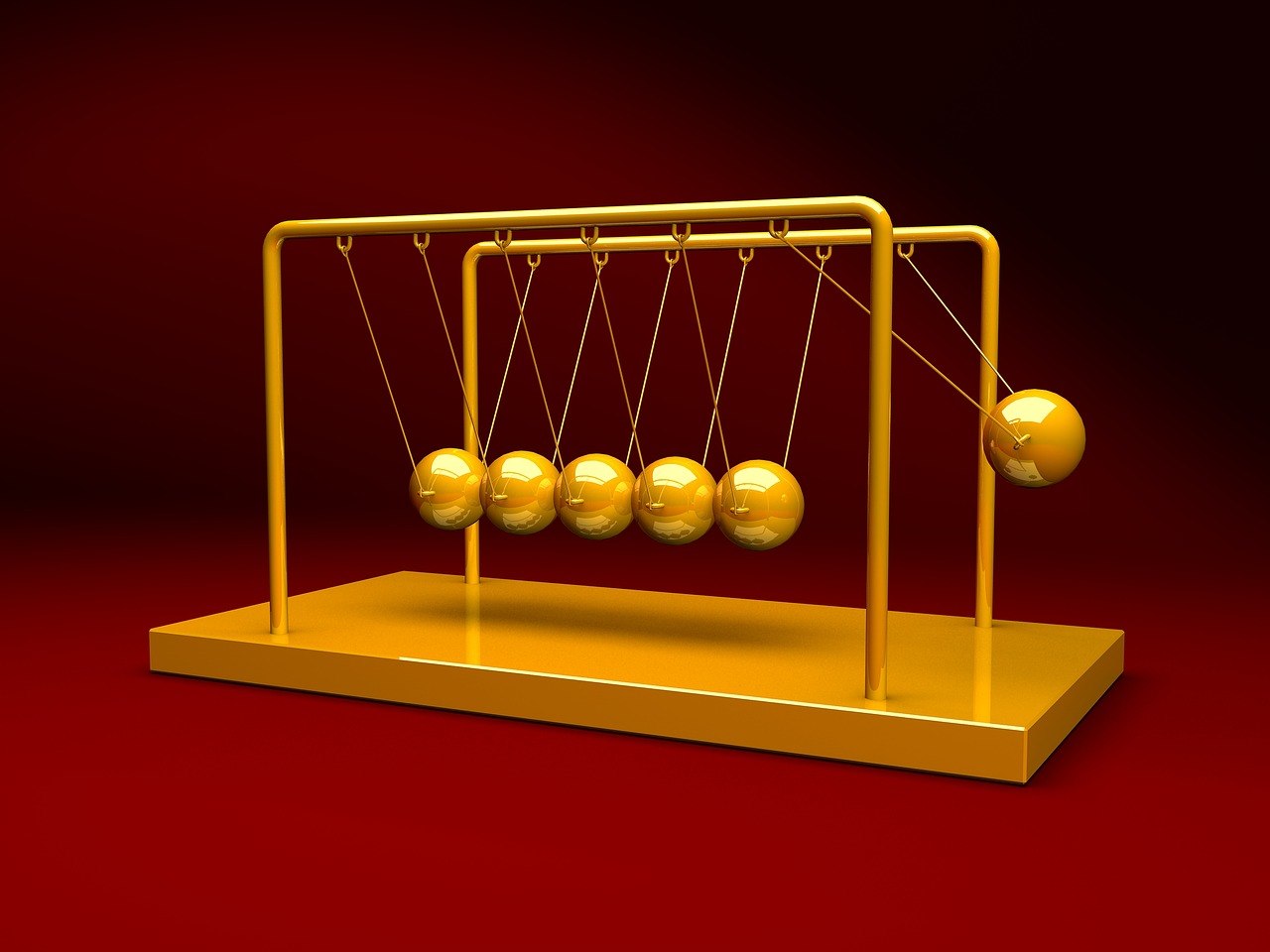
Fig. 1.2.1 Two of Disks. Collision of Newton's pendulum balls.26
.
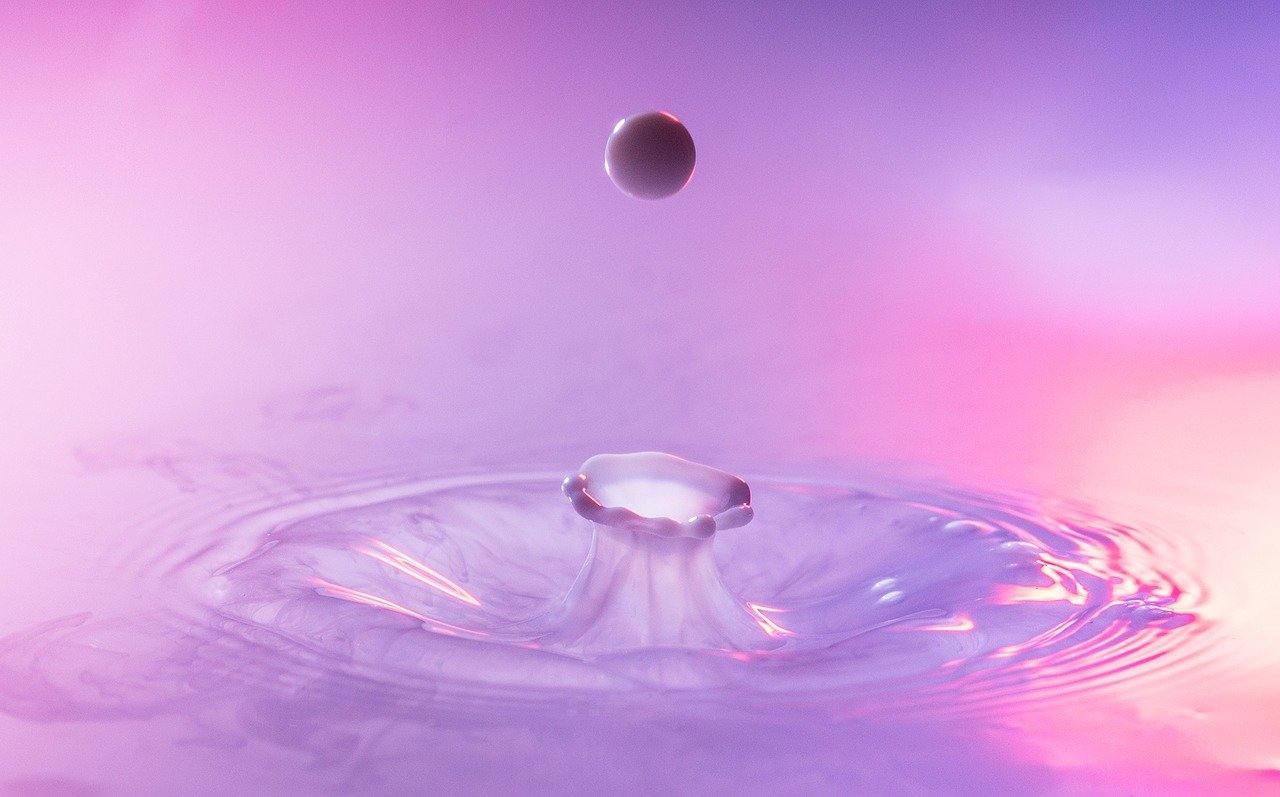
Fig. 1.2.2 Two of Disks. A drop of water hits the water surface and bounces off.27
.
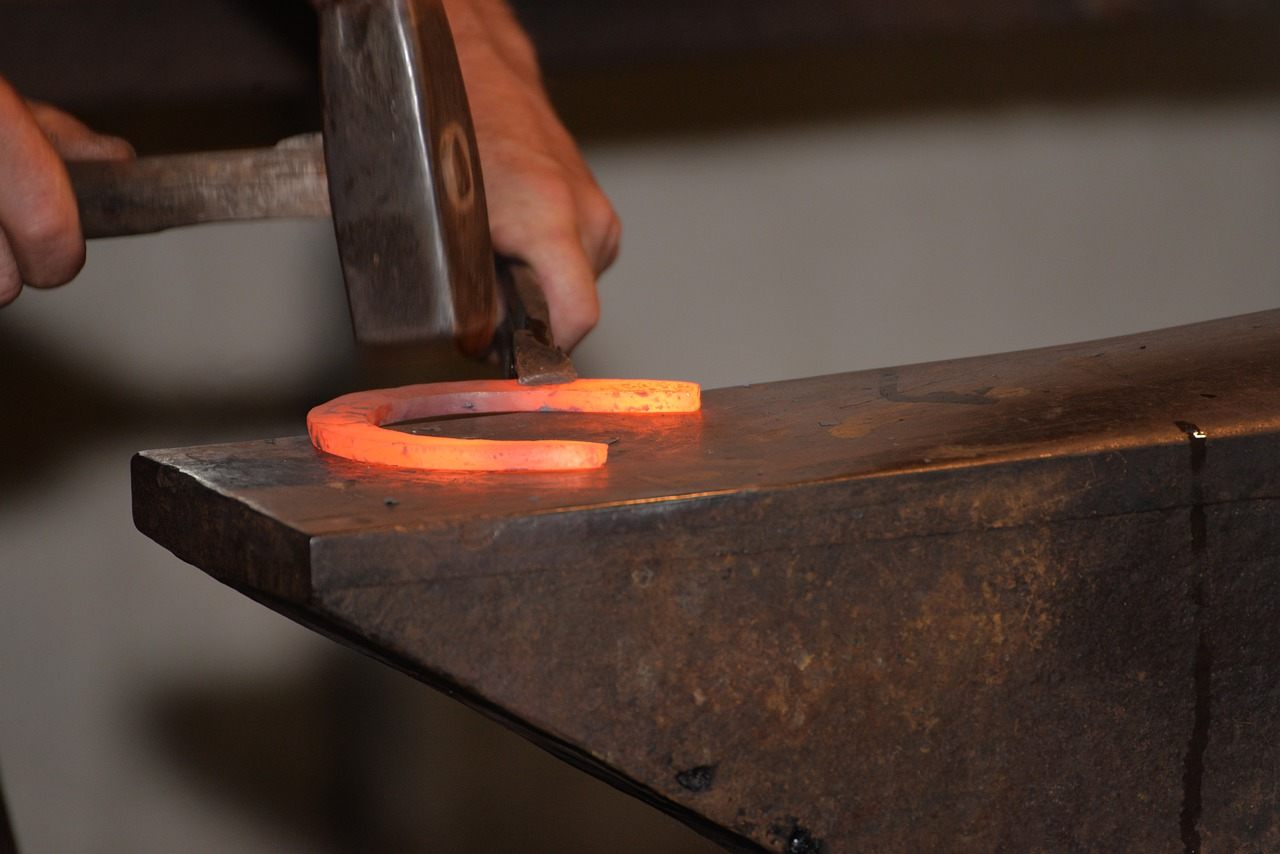
Fig. 1.2.3 Two of Disks. A blacksmith forging a horseshoe. The hammer striking the horseshoe.28
.
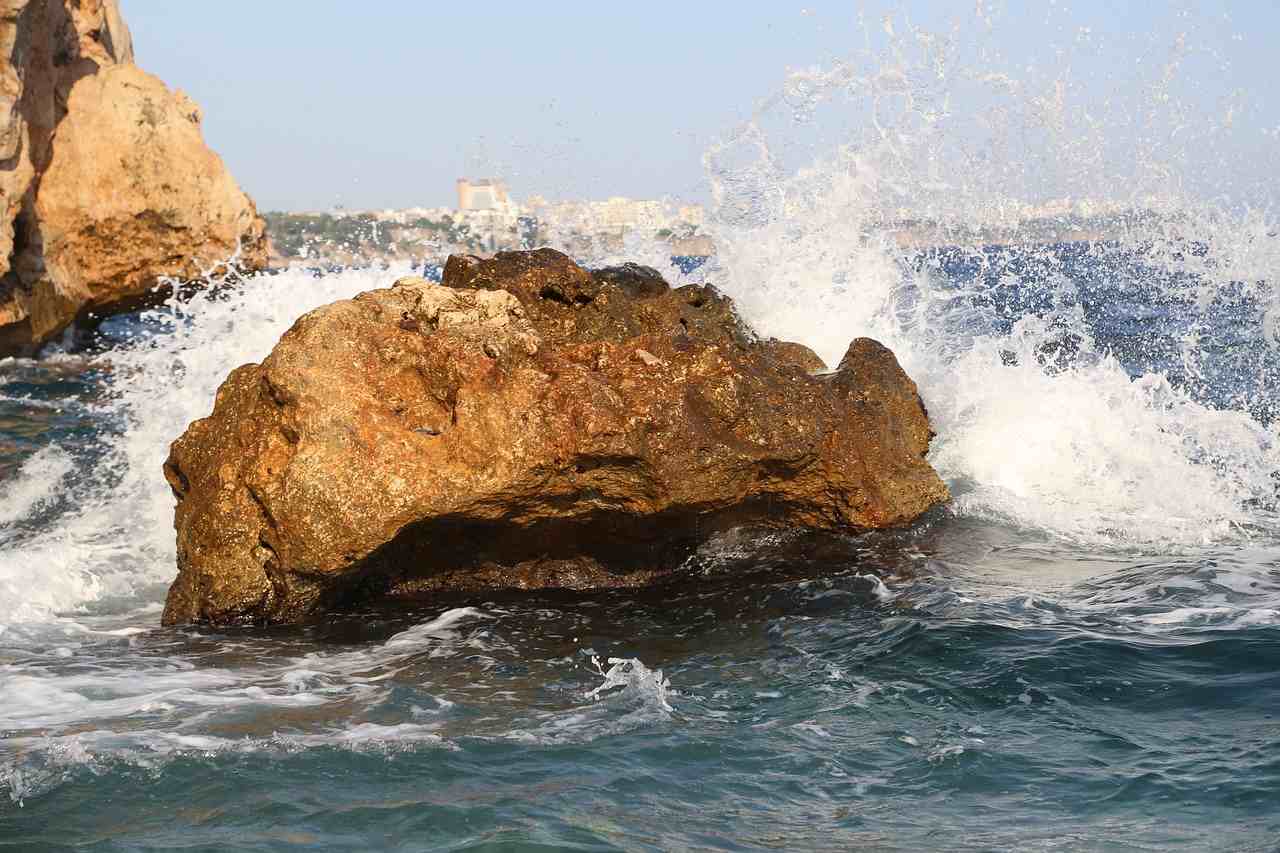
Fig. 1.2.4 Two of Disks. Sea surf. A wave striking a cliff.29
.
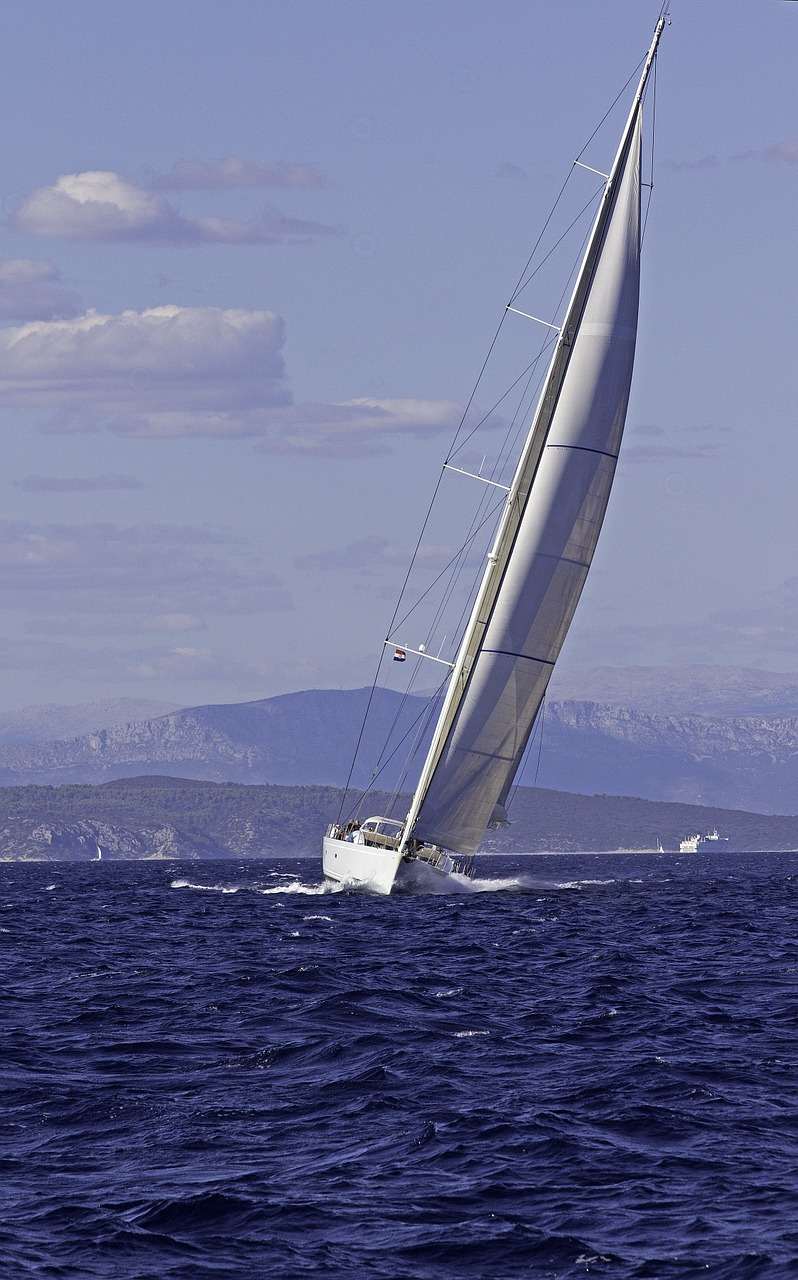
Fig. 1.2.5 Two of Disks. The wind blowing against the sails. The interaction of wind and sail. 30
.
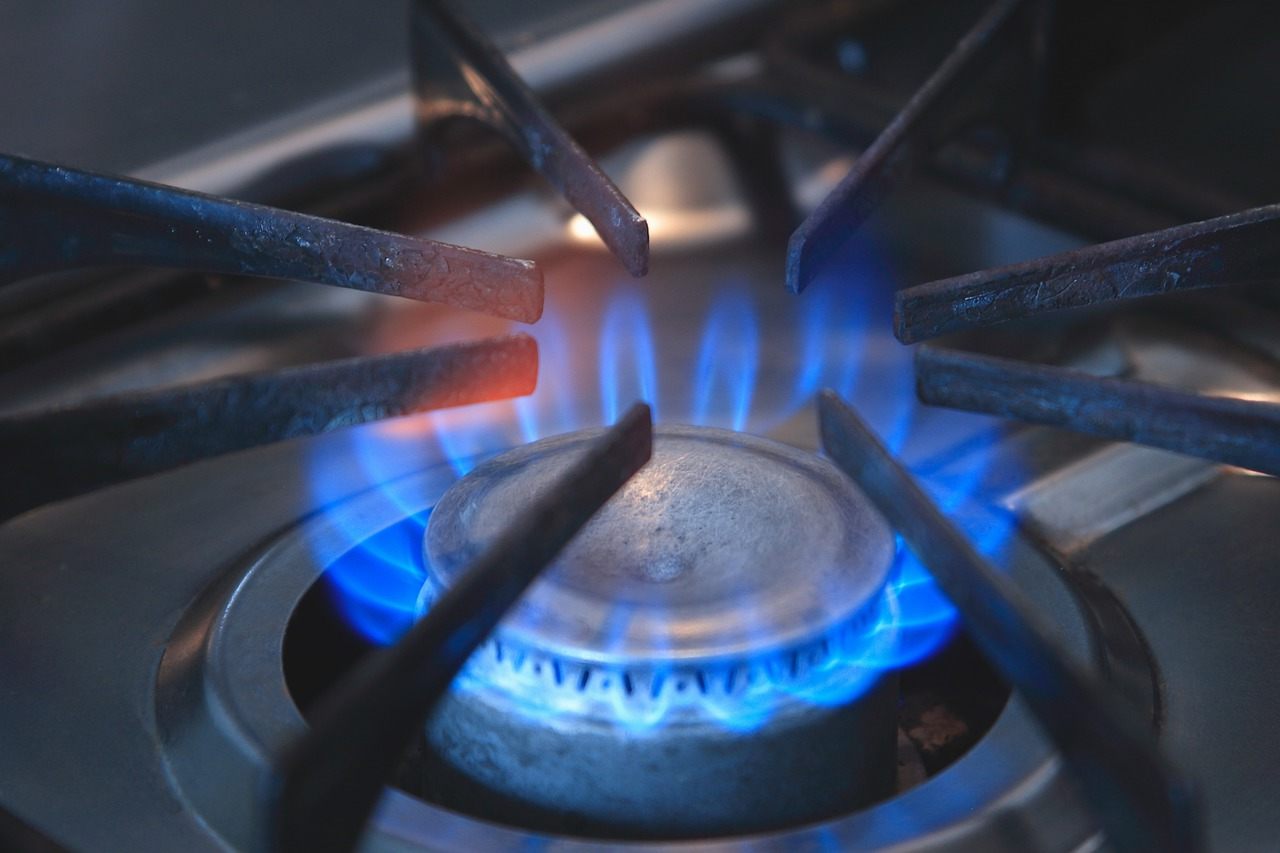
Fig. 1.2.6 Two of Disks. The gas burner flame heats the stovetop (or the pots and pans on it). The fast molecules of the flame push and heat the cold molecules of the grill (or the pots/pans on it). If the interaction doesn't produce a chemical and structural transformation, then this is the Two of Disks. If a chemical and structural transformations take place, then, additionally, this is also the Ten of Disks.31
.
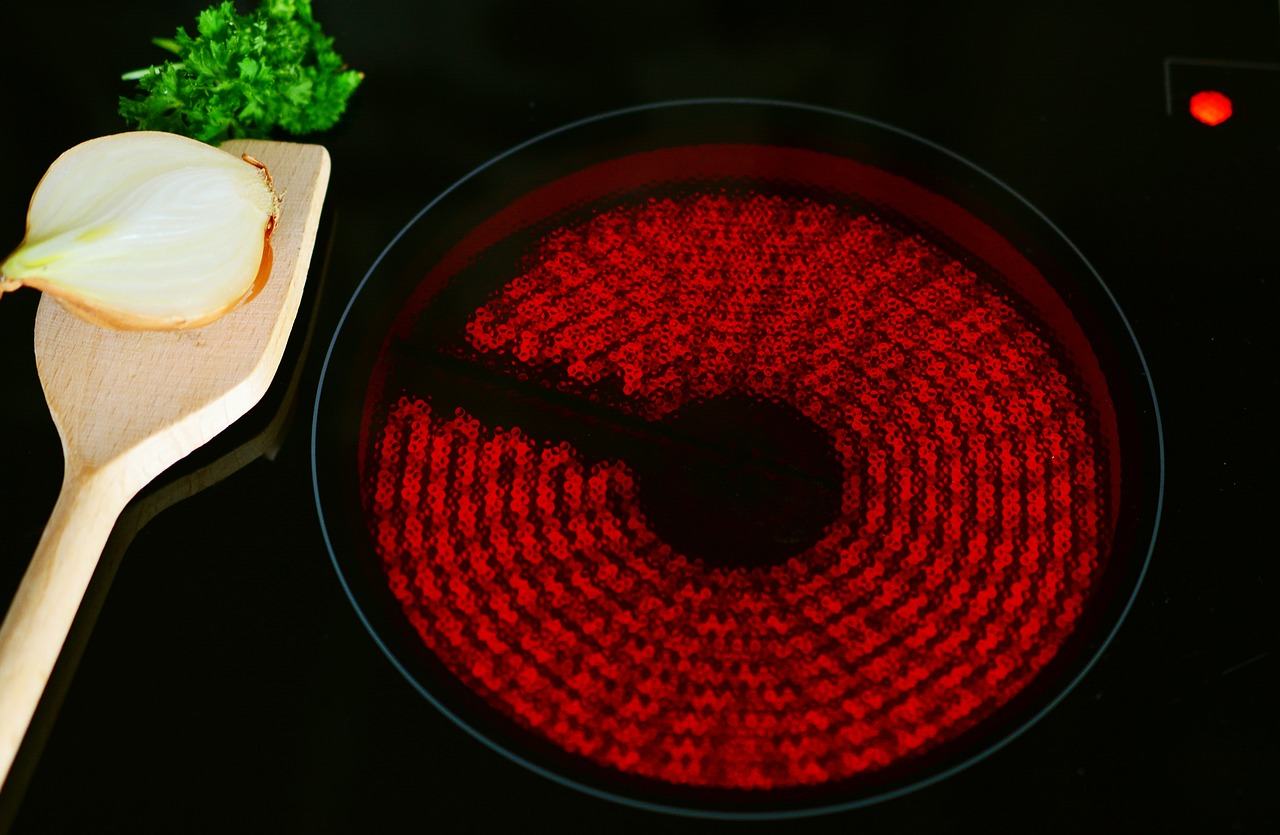
Fig. 1.2.7 Two of Disks. An electric stove. Fast electrons "stir up" the atoms of the burner, and it heats up. What's more, if the burner is glowing like a light bulb, then this is also a Five of Swords and a Ten of Wands.32
.
Please, note:
"Pure" colors, such as blue, green, red, yellow, etc., are a rather conditional and rare thing.
Accordingly, "pure cards", described by just one set of symbols, are likewise quite conditional and rare.
You can name a color or a card based on the predominance of a certain color or set of symbols.
For example, by 80-90%.
The author will present both more or less "pure" and "mixed cards".
.
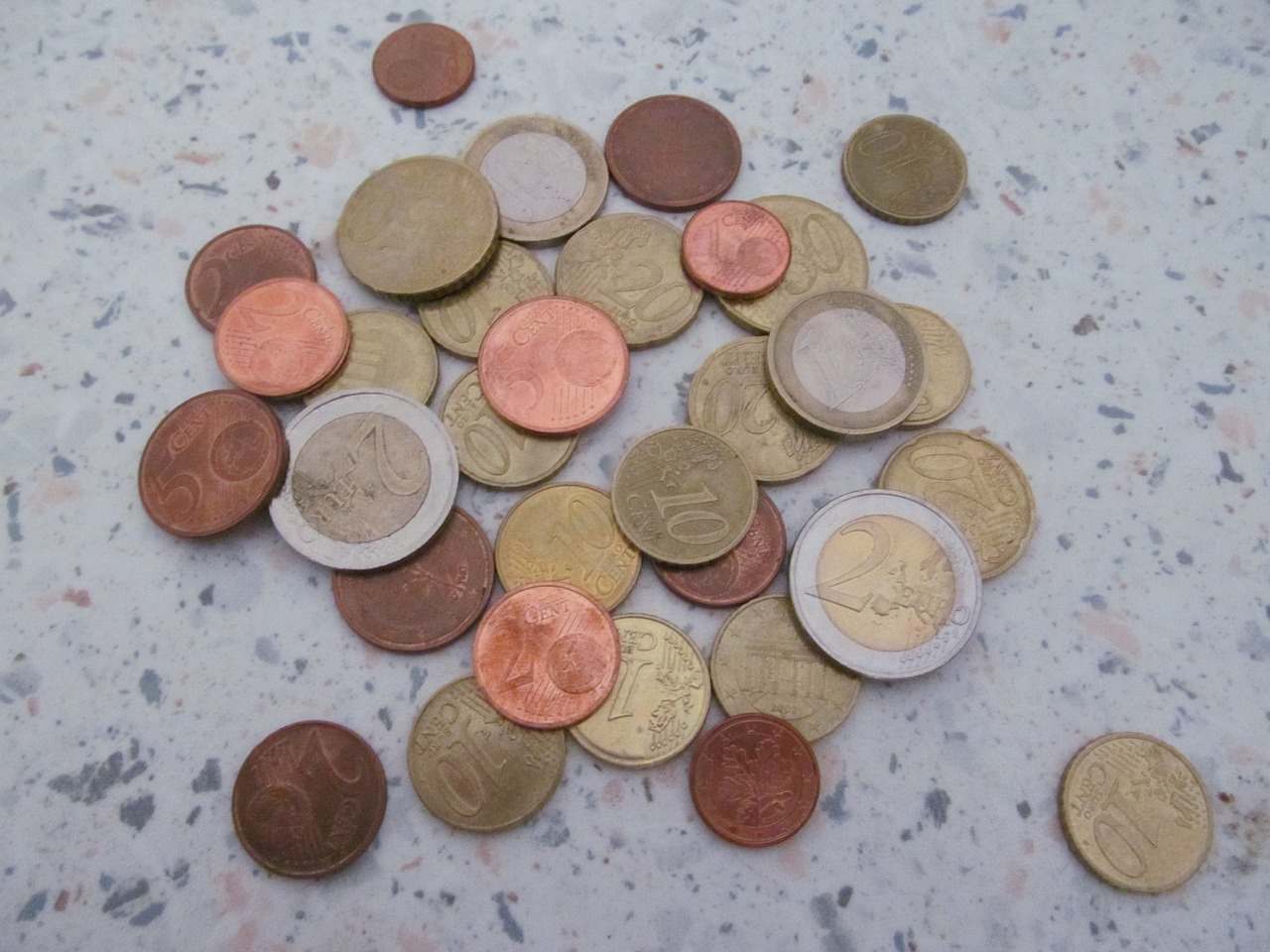
Fig. 1.2.8 Two of Disks. Change received after a purchase. Coins and small change.33
.
The defining feature of the Two of Disks – the interaction of Matter (or Finance).
.
Three of Disks
.
At a Customs office.
– Open your suitcase, please.
– But I don't have a suitcase!
– That doesn't matter. The same rules apply to everyone!
.
"Threes", according to the Kabbalah, represent order, clarity, the system.
Thus, the Three of Disks is a systematizing or ordering of Matter or Finance.
For example, it may symbolize a system by which Matter or Finances are organized.
.
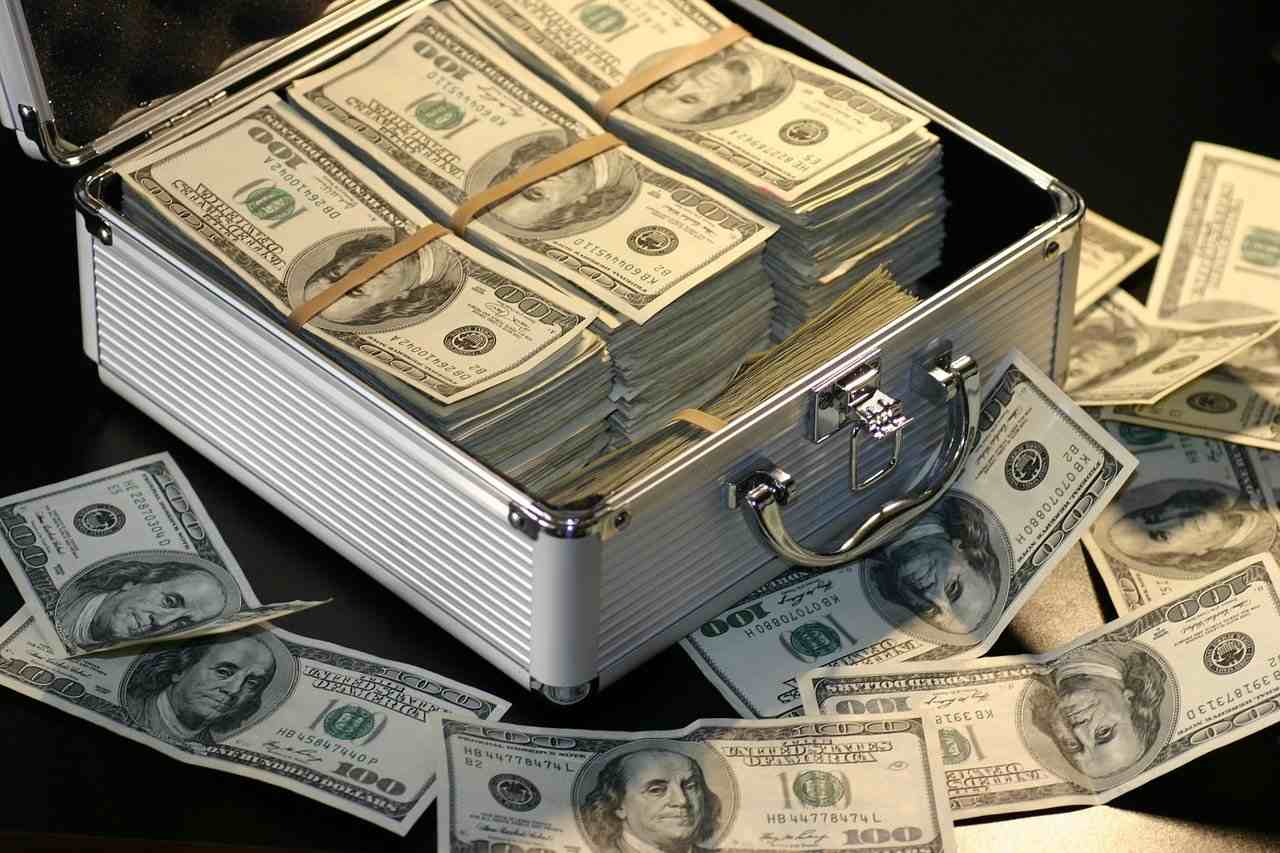
Fig. 1.3.1 Three of Disks. Orderly Finances – the bills are strapped into bundles. Some disorganized bills are lying nearby ("reversed" Three of Disks).34
.
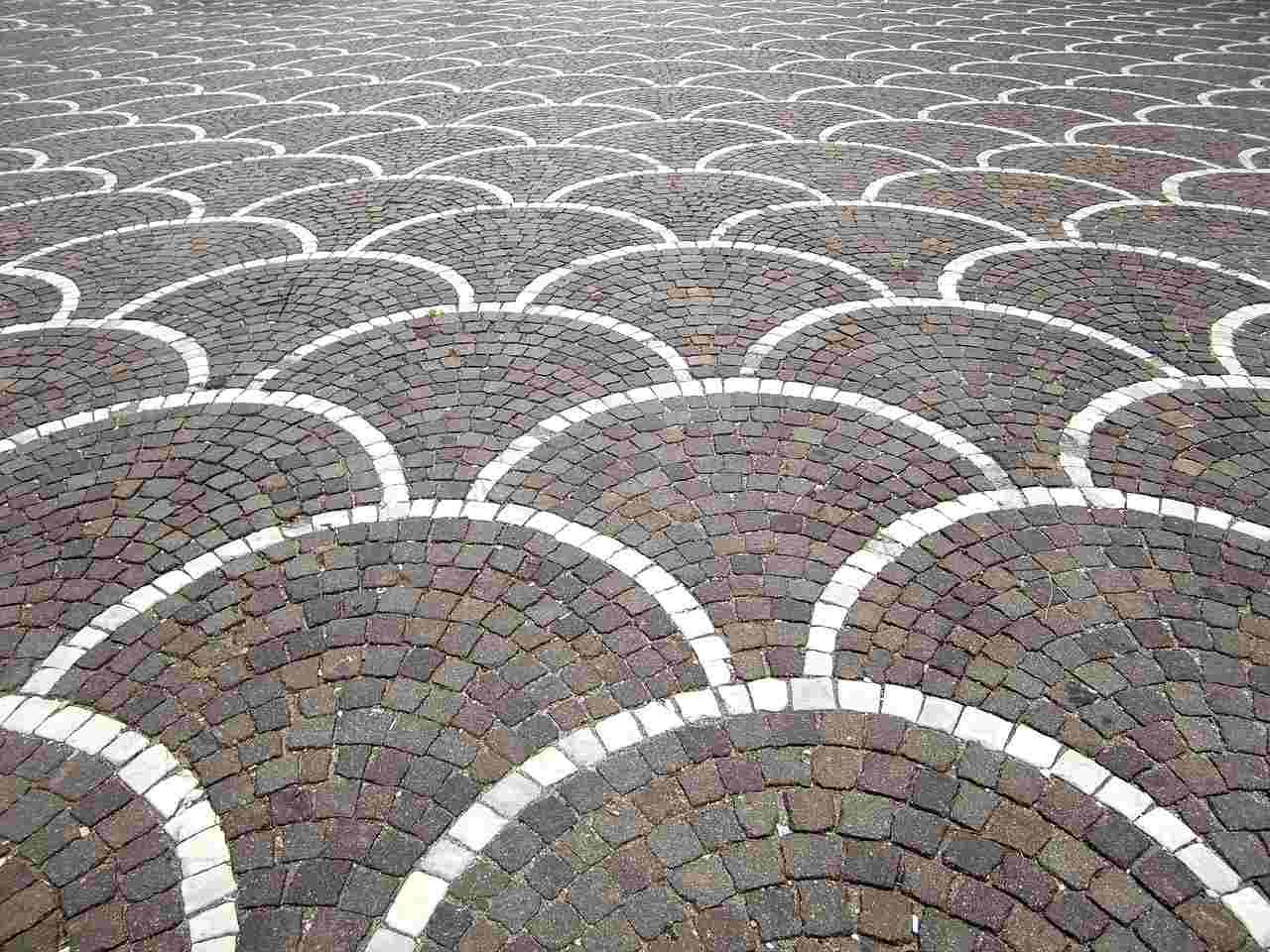
Fig. 1.3.2 Three of Disks. Ordered Matter. Cobblestone pavement. The cobblestone is laid out according to a certain system.35
.
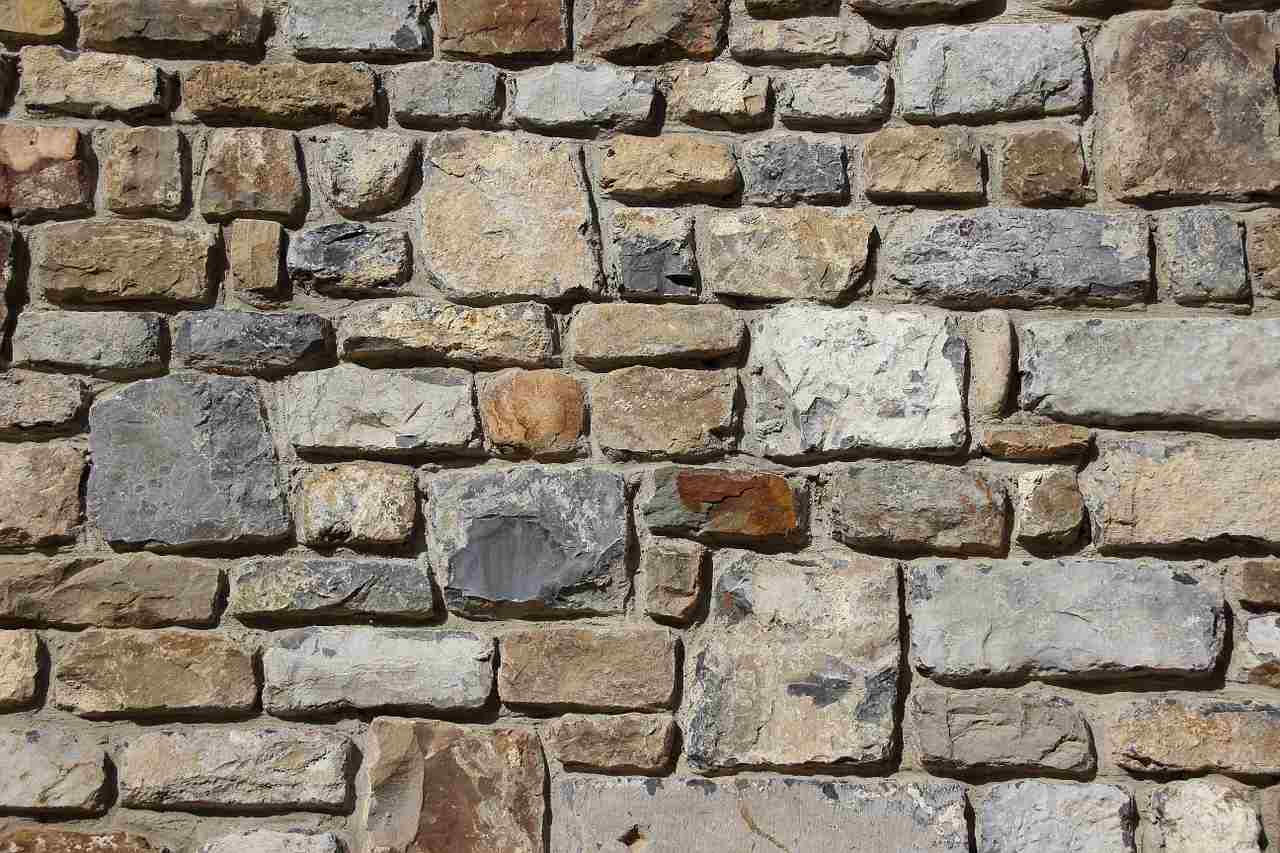
Fig. 1.3.3 Three of Disks. Ordered Matter. The stones are laid out according to an adaptive system. The stone used is the one best suited in terms of size. At least on one plane, Matter has been ordered, and this order is maintained. A "reversed" 3 Three of Disks, in this case, looks like a bunch of stones piled in a heap.36
.
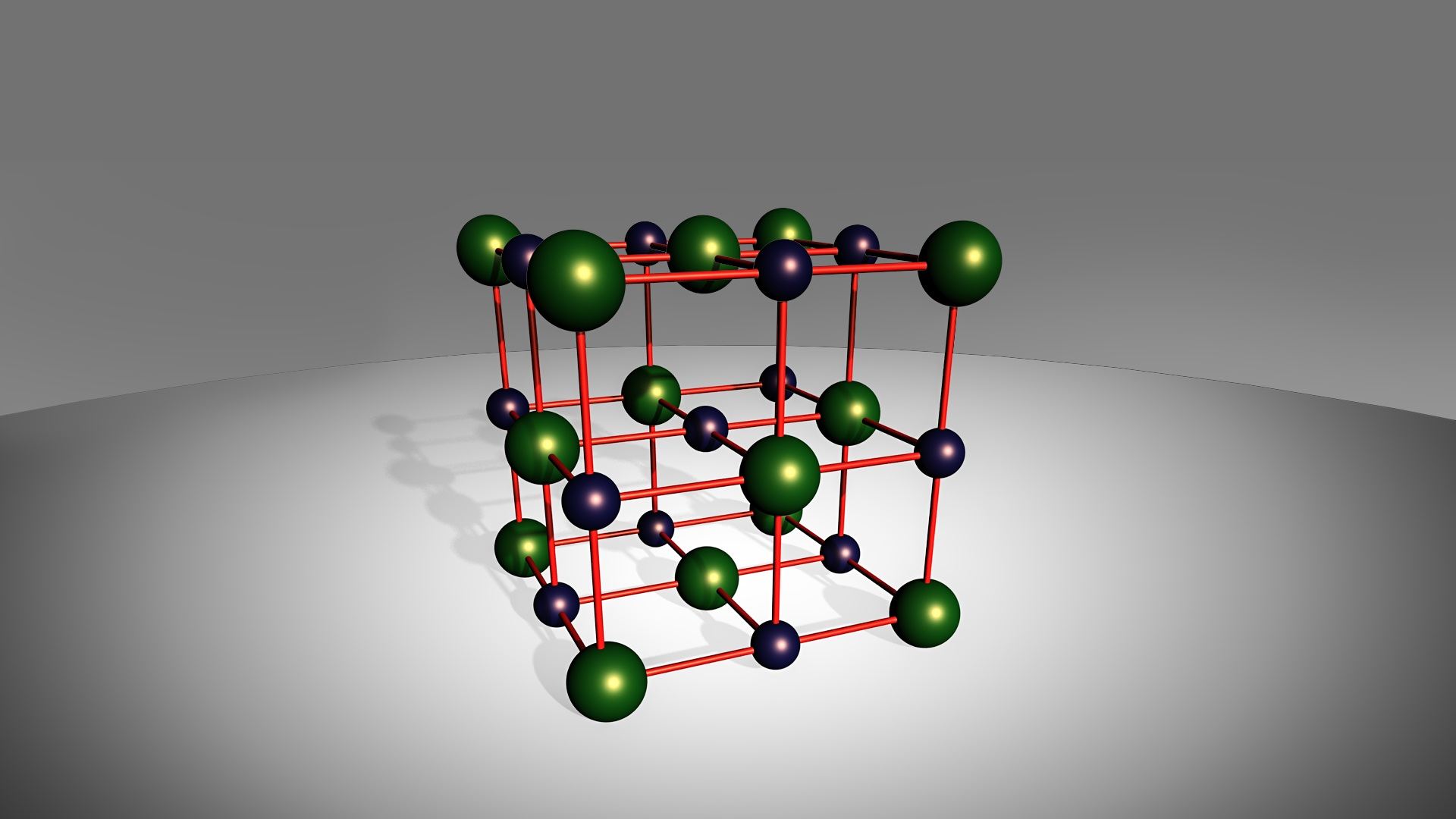
Fig. 1.3.4 Three of Disks. Atomic or crystal lattice. Thus, all solid physical substances and materials are, in this sense, a Three of Disks.37
.
Please, note:
An ordered structure may be regarded as one that remains unchanged over time, a structure where each atom of matter corresponds to a particular "ordinal" place.
Accordingly, liquid, gaseous and plasma substances are not, from this point of view, ordered.
In terms of the Tarot, they would be symbolized by a "reversed" Three of Disks. Since they do, in fact, possess a particular structure, albeit a chaotic one. That is, they're based on a system that represents the antithesis of orderliness.
Liquid and gaseous substances become, at the atomic level, ordered under the influence of low temperatures.
When subjected to a certain decrease in temperature, both liquids and gases freeze and acquire a crystalline structure.
However, it should be borne in mind that any substance can transition into a liquid, solid, gaseous or plasma state38. This is achieved by heating or cooling the substance to a certain temperature.39
.
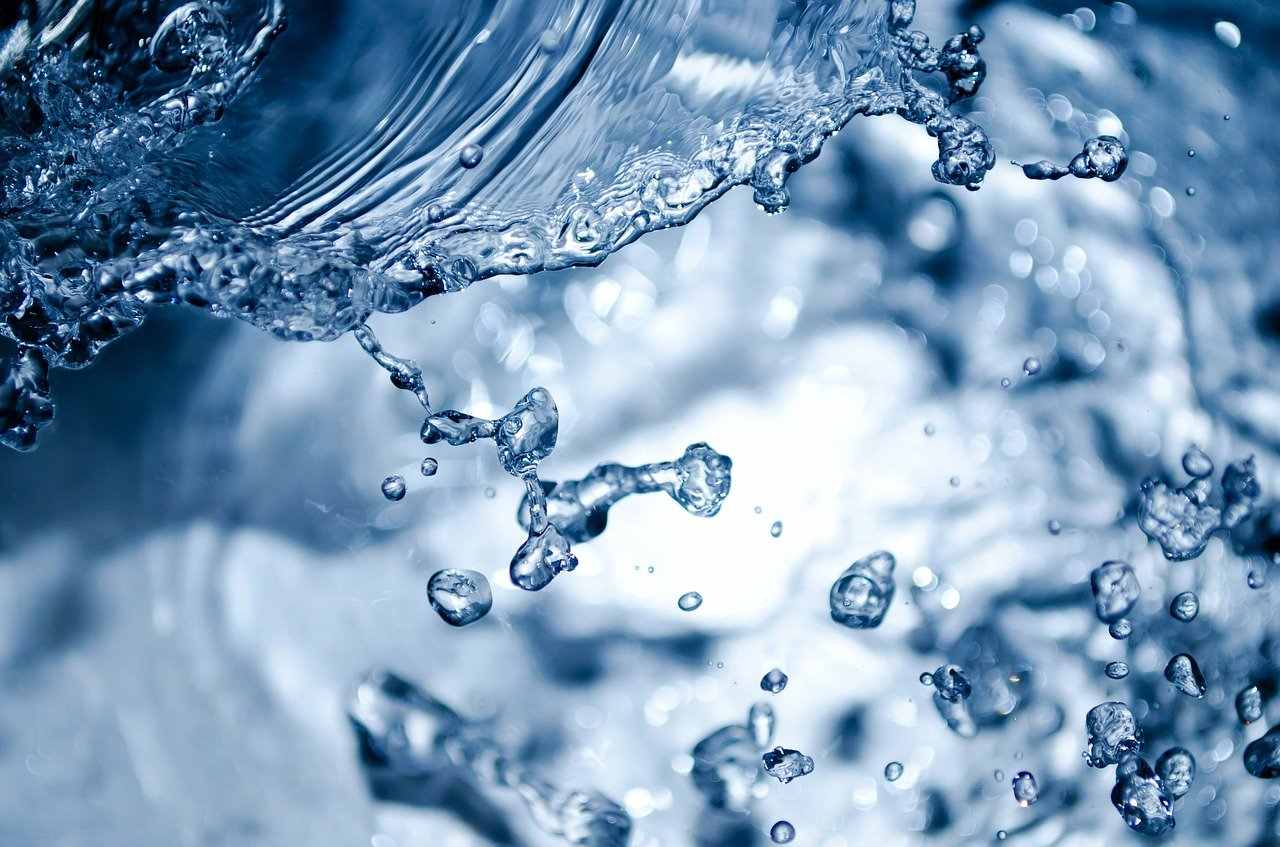
Fig. 1.3.5 "Reversed" Three of Disks. Water. Any liquid. Not ordered Matter. Accordingly, frozen water would be an "Upright" Three of Disks.40
.
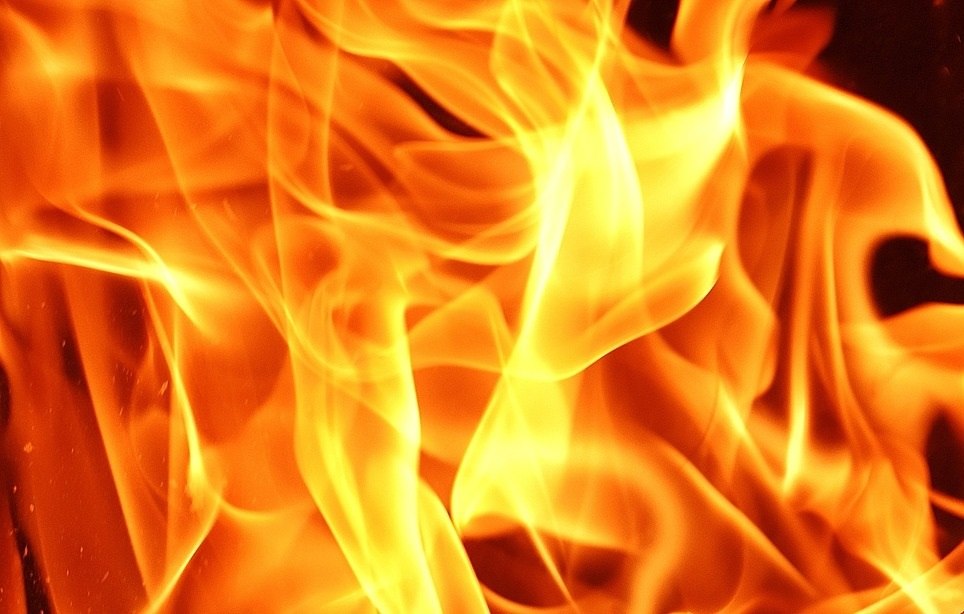
Fig. 1.3.6 "Reversed" Three of Disks. A flame. Any type of combustion. Not ordered Matter.41
.
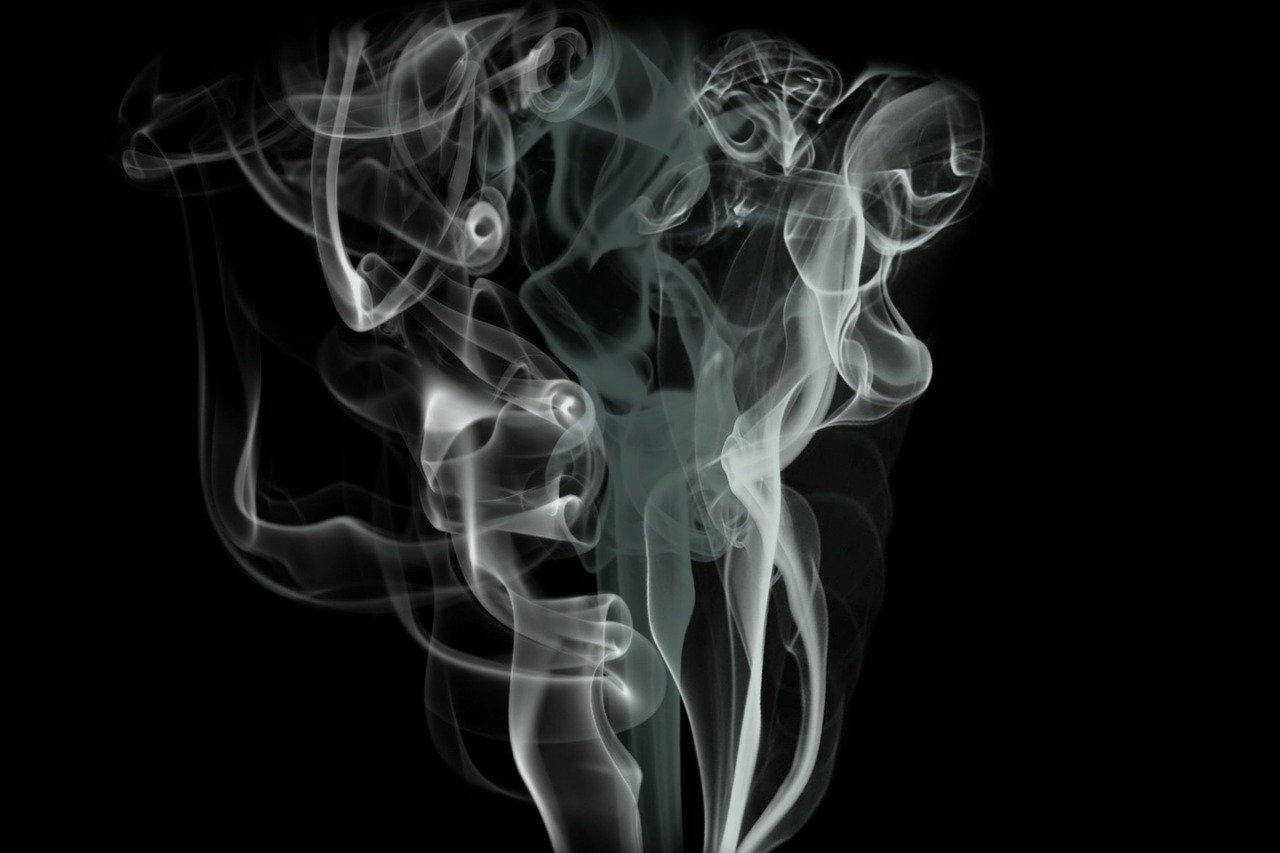
Fig. 1.3.7 "Reversed" Three of Disks. Smoke. Steam. Aerosols. Any gases and gas mixtures. Including ordinary air. Not ordered Matter.42
.
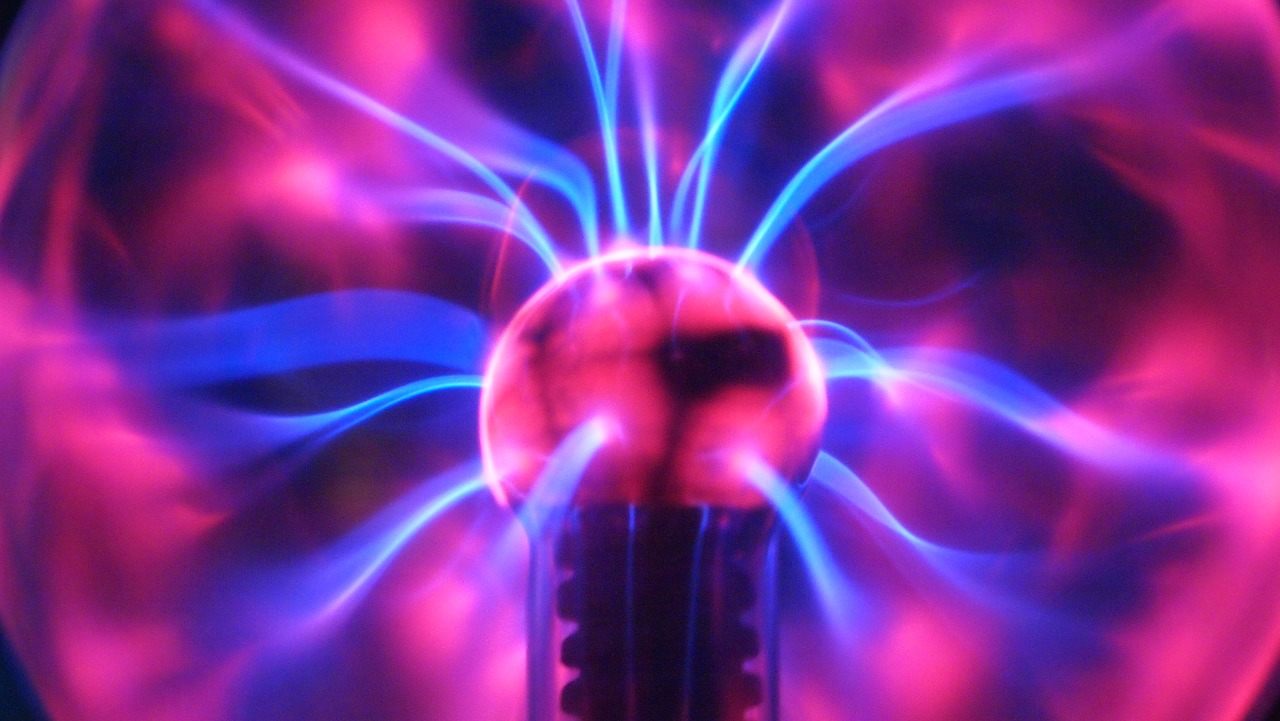
Fig. 1.3.8 "Reversed" Three of Disks. Plasma. Not ordered Matter.43
.
A separate place in this classification is occupied by amorphous substances.44
Such as, for instance, glass, marble, paraffin, polyethylene, etc.
Their atomic structure has features of both liquids and solids.
Therefore, glass or marble slowly "flows" and loses its original form.
But the speed of these processes is so slow (under a heavy weight, a marble beam "flows" millimeters over millennia) that, to human senses, they may be regarded as unchanged.
That is, as an "Upright" Three of Disks.
Although this isn't exactly the case.
.
The defining feature of the Three of Disks – the ordering of Matter (or Finance).
.
Four of Disks
.
Human: I am the Lord of Nature!
Nature: Well, so be it, my Lord. Take your crown.
.
"Fours", according to the Kabbalah, represent nature and all things natural, simple forms.
Recall that Disks are the Earth Element – everything related to Material or Financial matters.
That which you can actually touch and feel in reality, like Matter.
Or the Financial aspect of Being.
Thus, the Four of Disks is Matter in its "simple", natural form.
Or a simple form of Finance.
A boulder or a coin, for example.
.
Please, note:
A "simple" form is an indivisible form, which doesn't consist of numerous other forms.
A "complex" form is one that can be taken apart and put back together again, like a lego constructor set, without destroying its individual elements. A "complex" form is usually called a "formation".
.
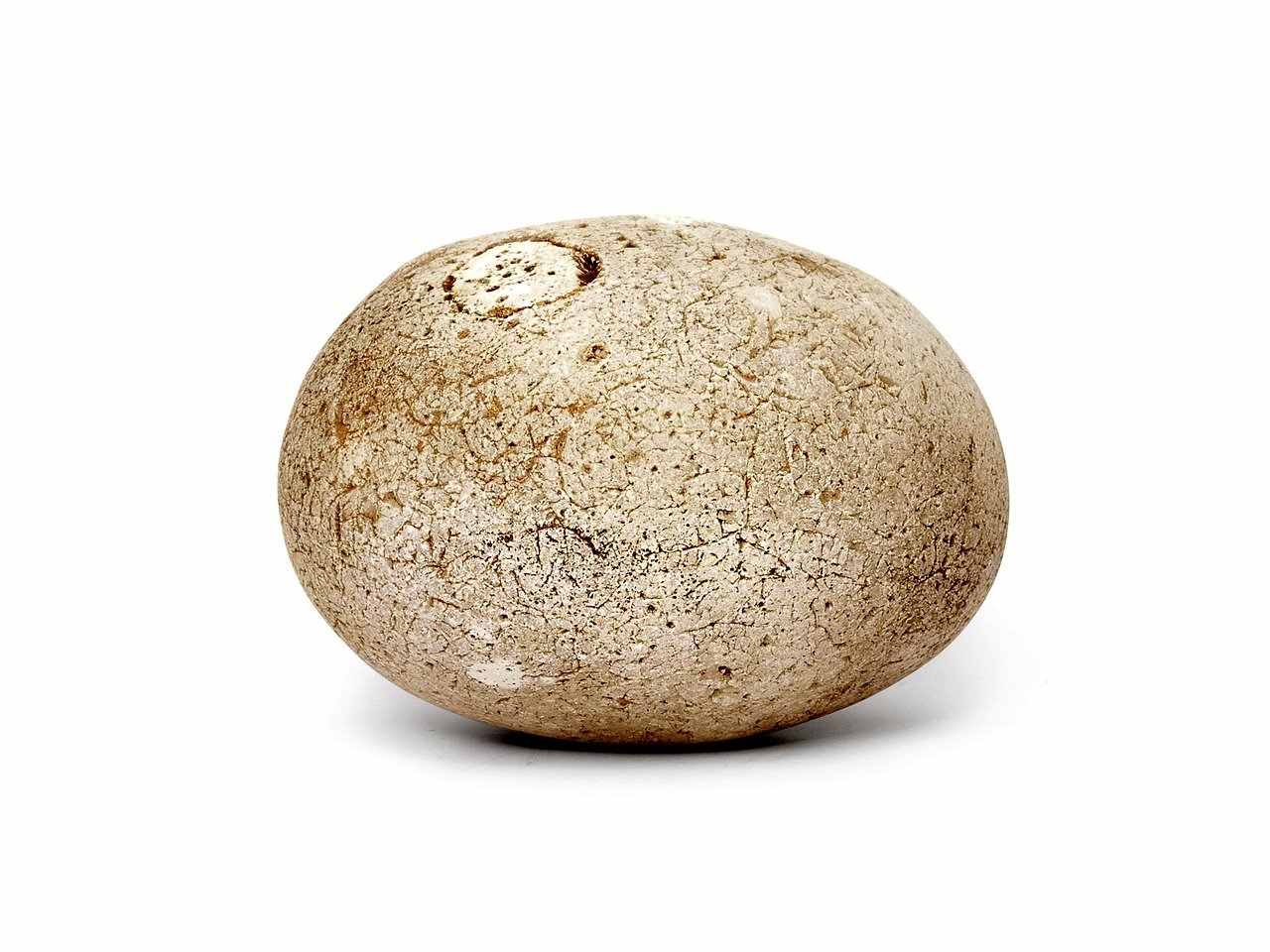
Fig. 1.4.1 Four of Disks. Simple, natural form of Matter. An ordinary stone, a boulder. As a general rule, it doesn't have a regular or "correct" form.45
.
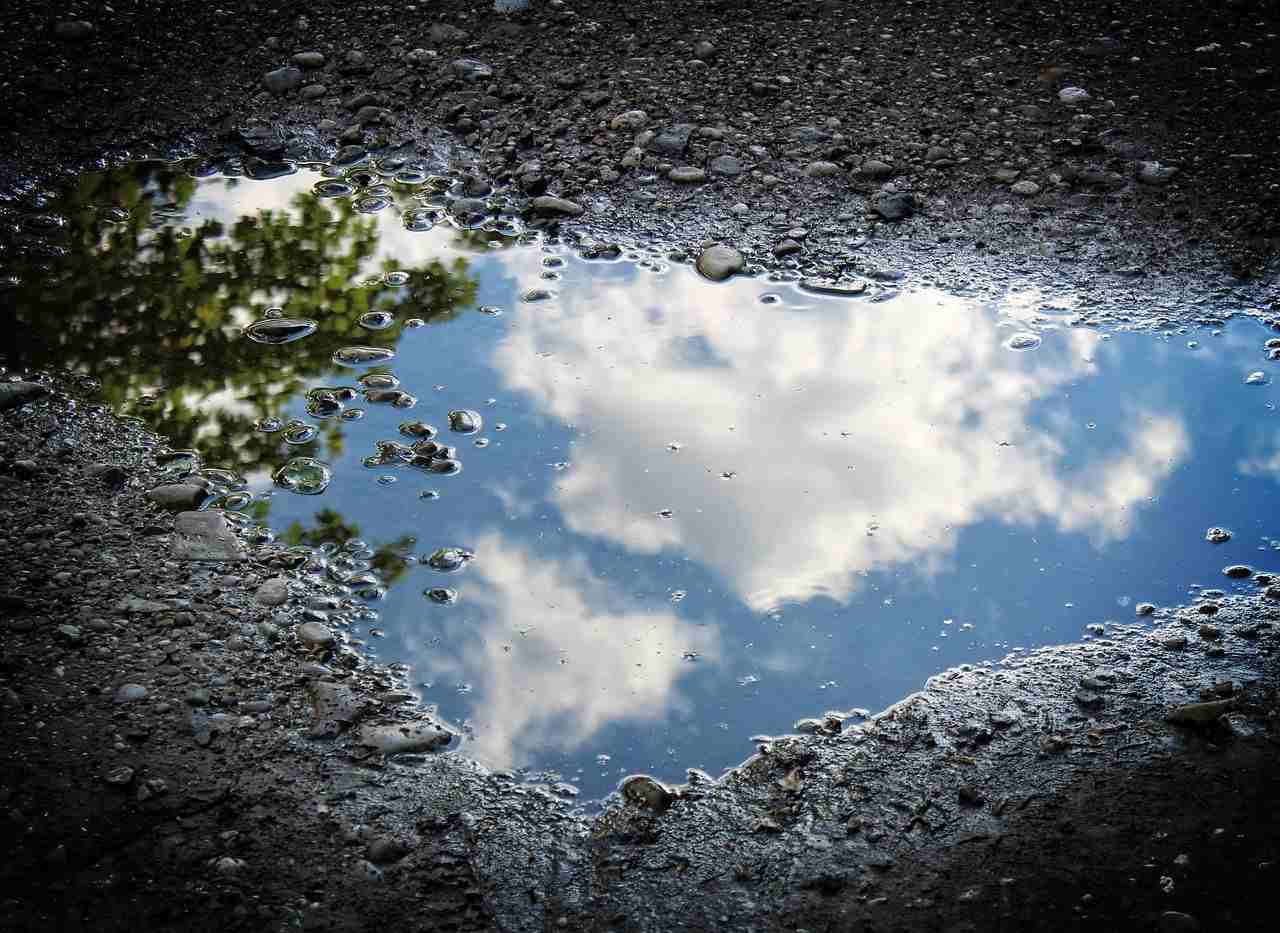
Fig. 1.4.2 Four of Disks. Simple, natural form of Matter. An ordinary puddle. As a general rule, it doesn't have a regular or "correct" form.46
.
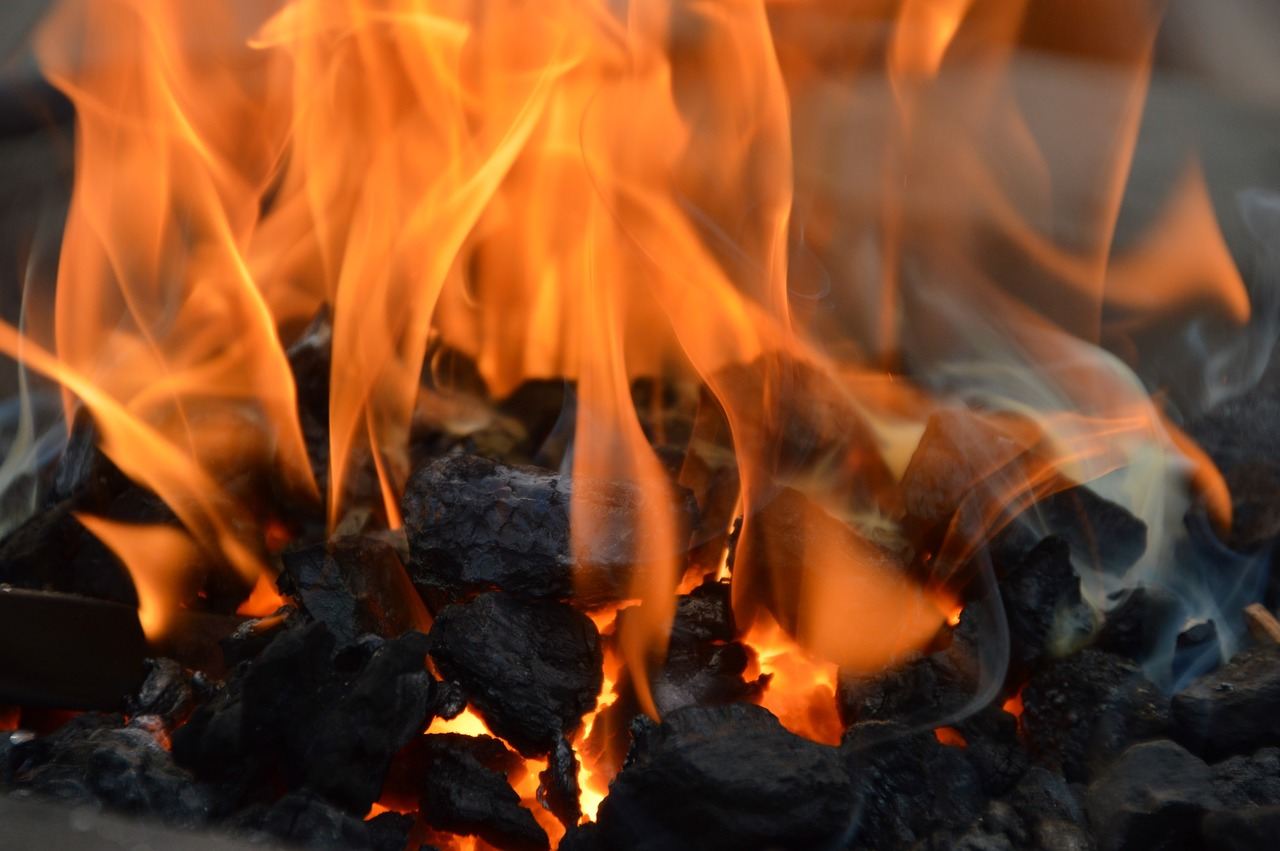
Fig. 1.4.3 Four of Disks. Simple, natural form of Matter. A coal in the fire, a burning flame.47
.
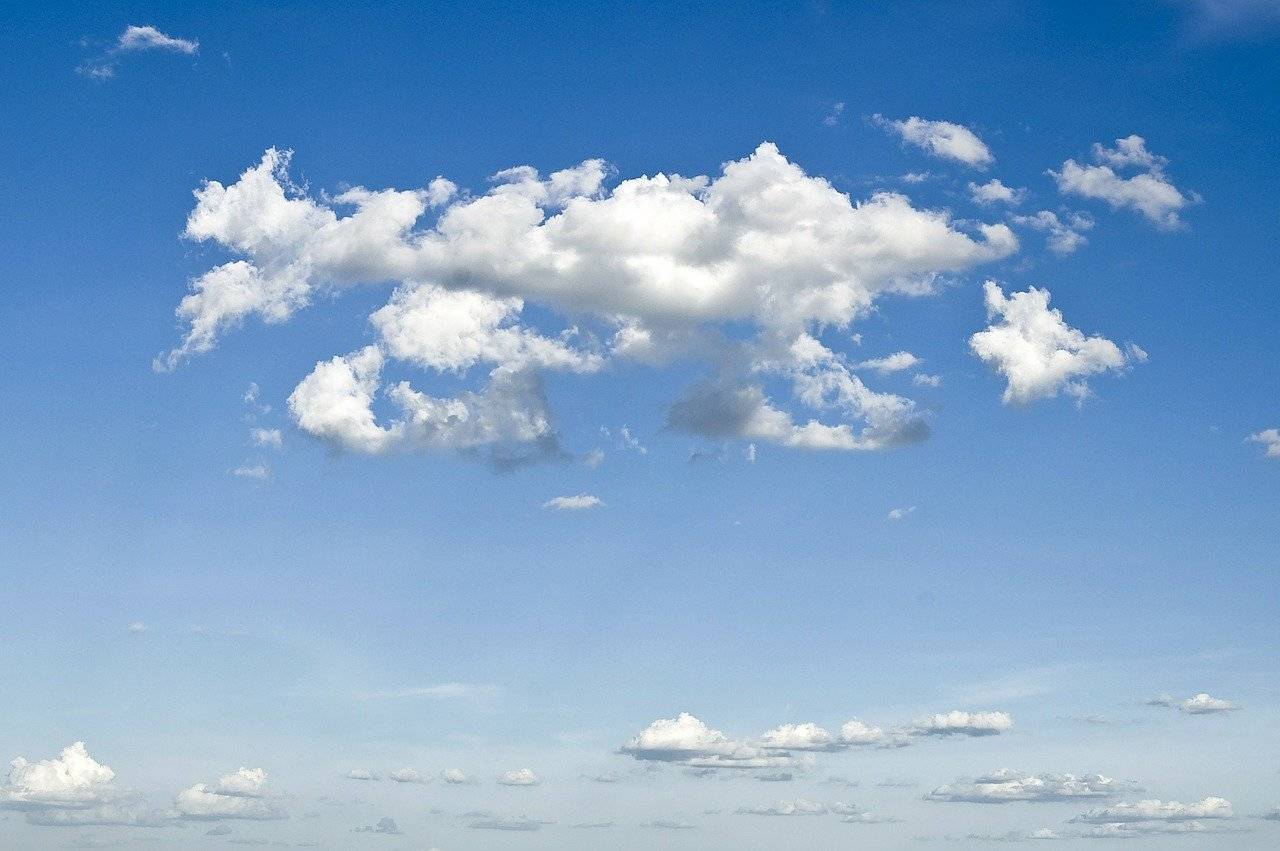
Fig. 1.4.4 Four of Disks. Simple, natural form of Matter. A cloud.48
.
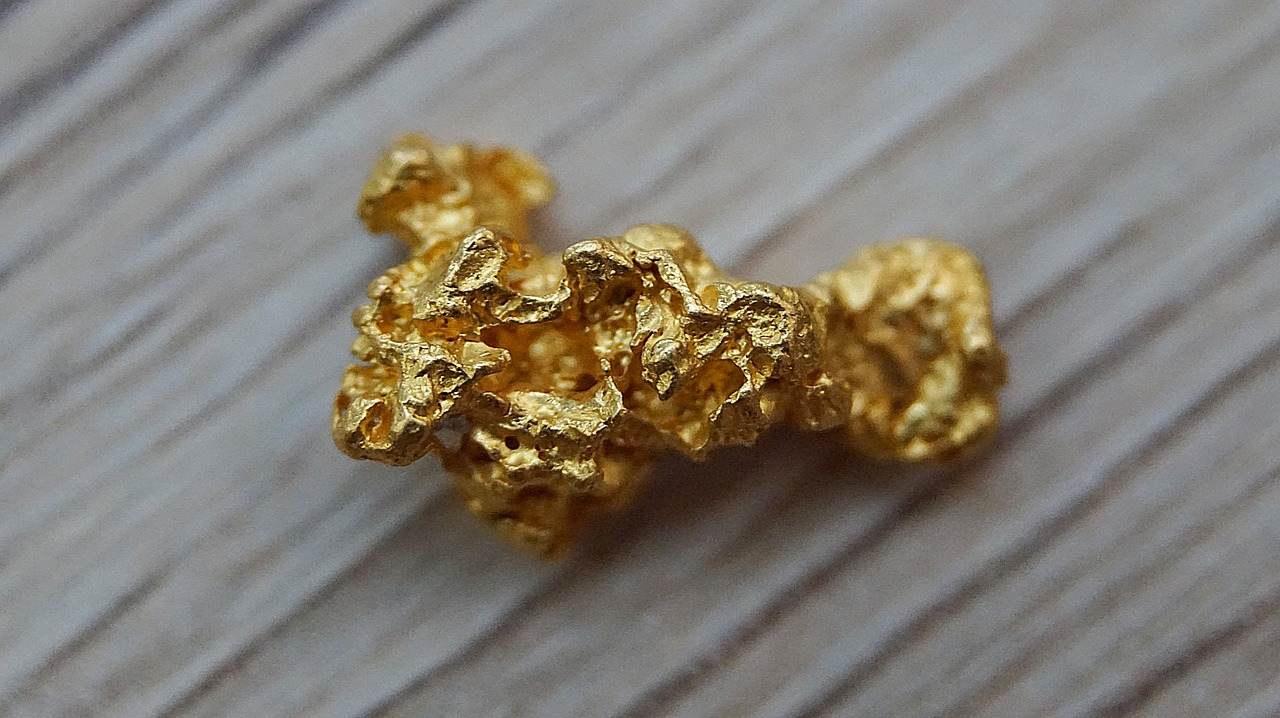
Fig. 1.4.5 Four of Disks. Simple, natural form of Matter. A gold nugget.49
.
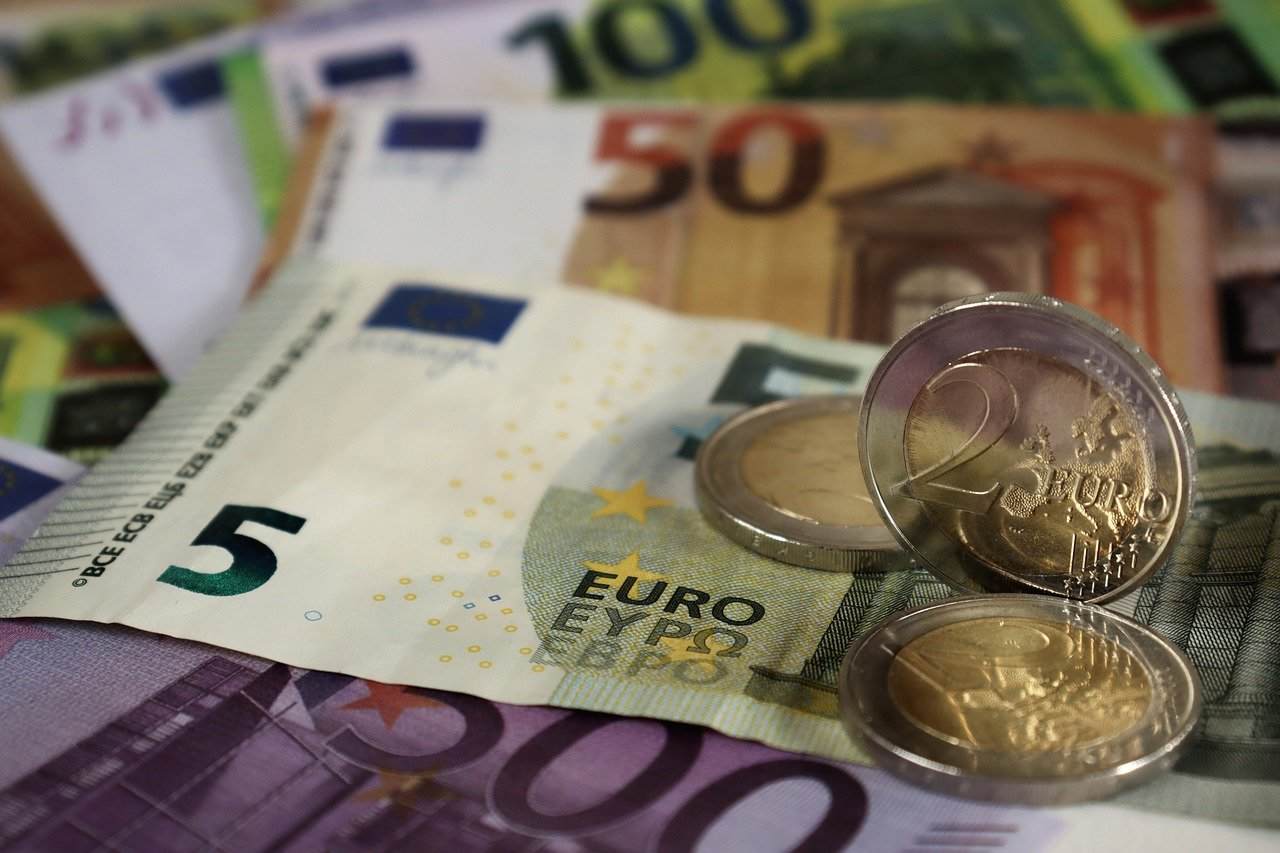
Figure 1.4.6 Four of Disks. Simple form of Finance. A coin. A banknote.
Without taking into account its religious, philosophical, semantic symbolism; financial, artistic, historical, collectible value or quality of execution.50
.

Fig. 1.4.7 Four of Disks. Simple form of Finance. A basic, "simple" form of electronic, virtual Finance. A bitcoin, for instance.51
.
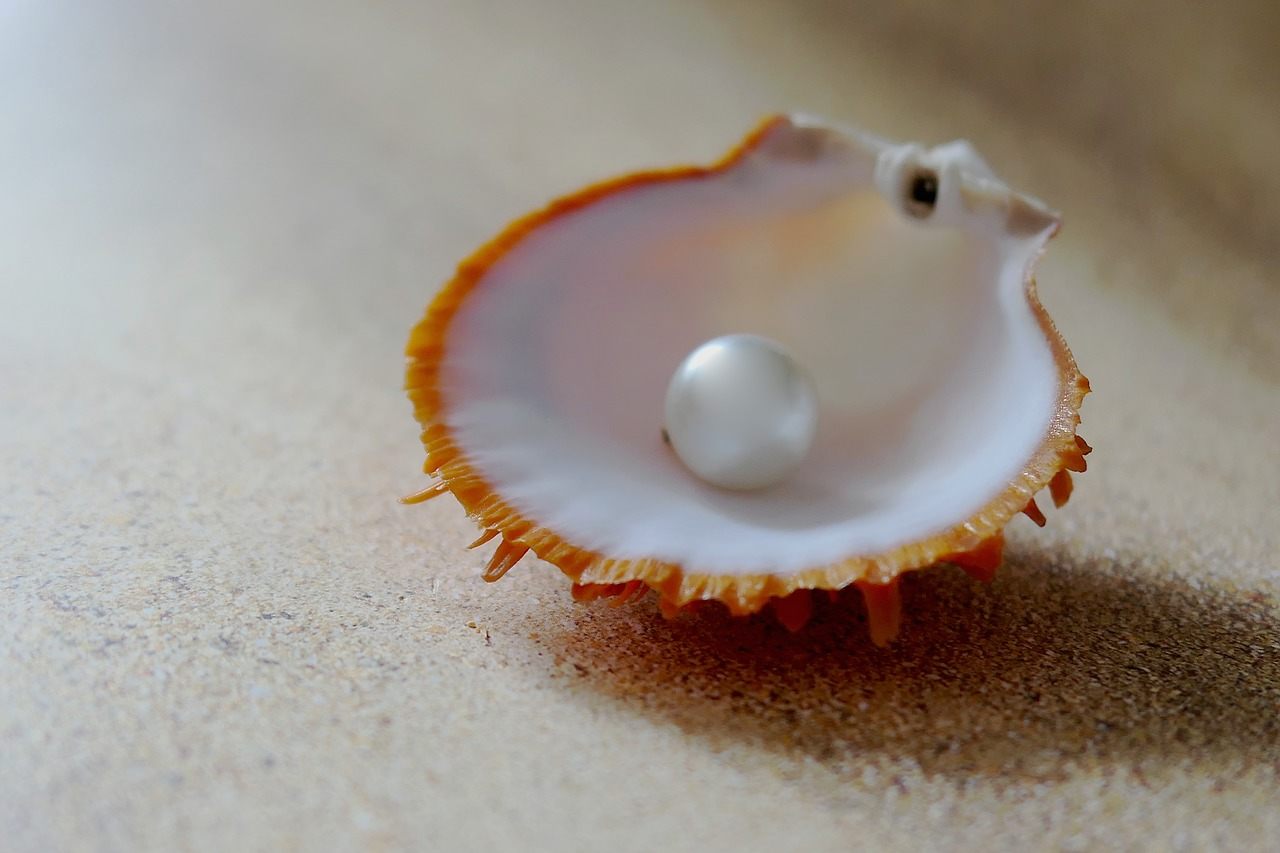
Fig. 1.4.8 Four of Disks. Simple form of Matter and Finance. A "simple", ordinary natural gem. For example, a pearl, diamond, ruby, sapphire, etc.
Without taking into account its religious, philosophical, semantic symbolism; financial, artistic, historical, collectible value or quality of execution.52
.
The defining feature of the Four of Disks – a simple form of Matter (or Finance).
.
Five of Disks
.
A bagel that you get as a freebie, tastes almost as good as a croissant.
.
"Fives", according to the Kabbalah, represent a door, a gate, a portal, a place of storage – a container, a source.
Thus, the Five of Disks is either a place of storage –a container – or a source of Matter or Finance.
For example, it may symbolize a place where Matter or Finances are stored, in one form or another. And from where they are periodically or continuously ejected or released.
.
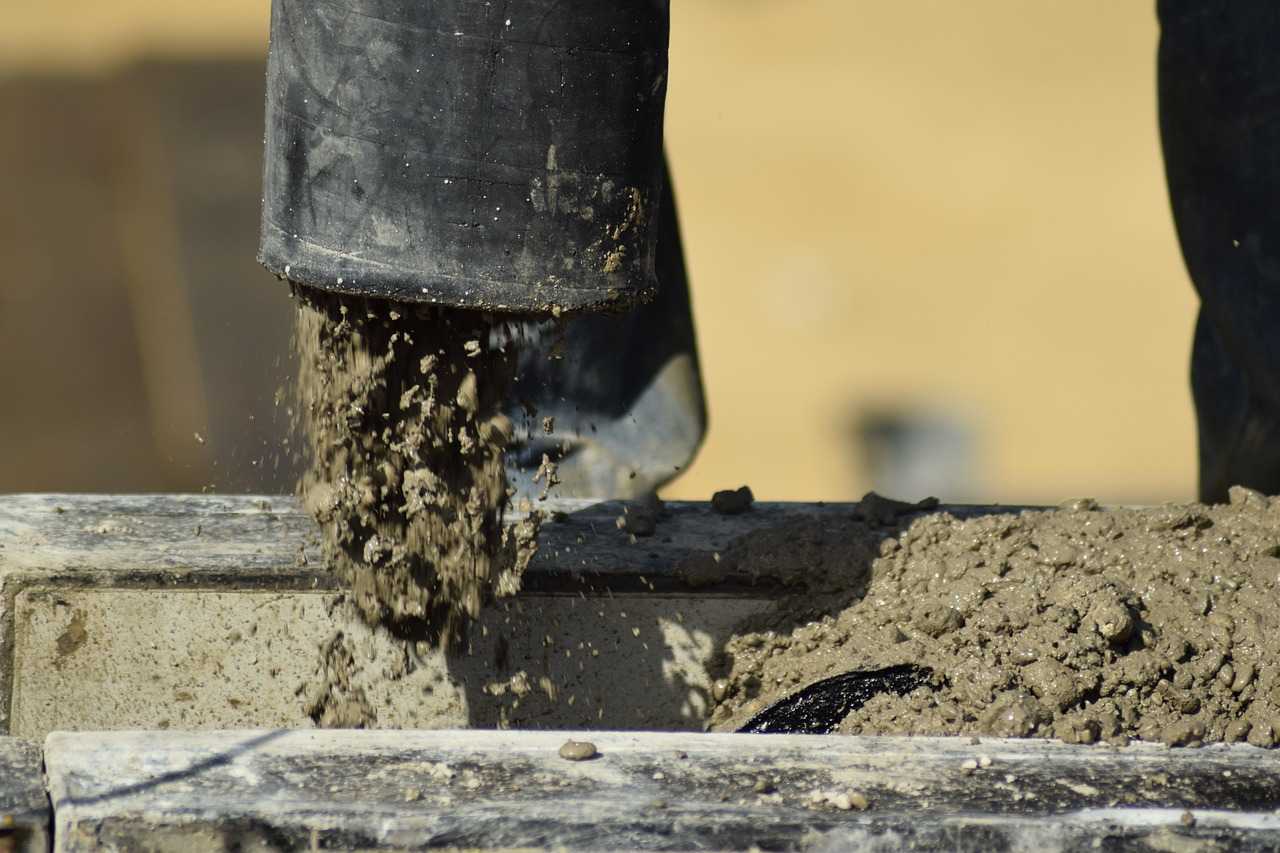
Figure 1.5.1 Five of Disks. Source of Matter. Pouring concrete at a construction site.53
.
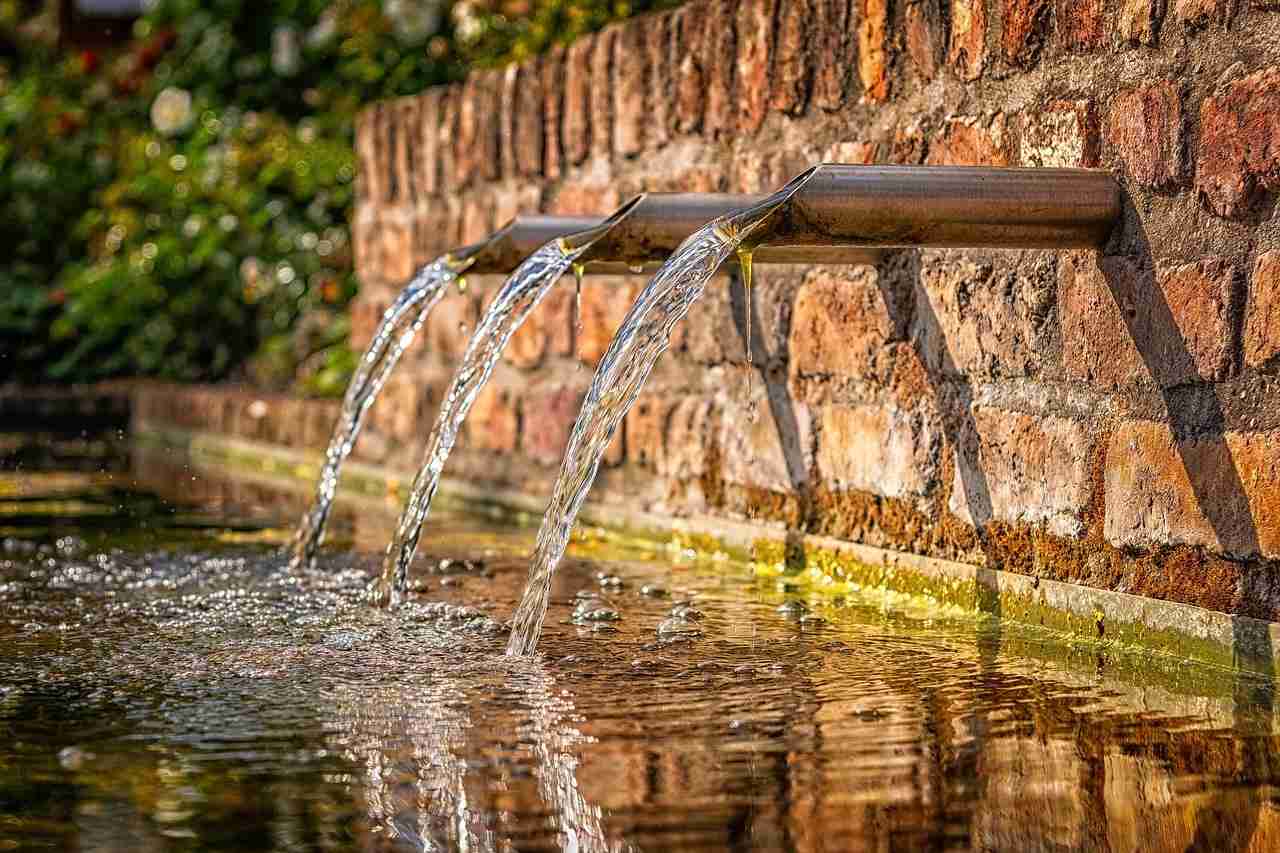
Figure 1.5.2 Five of Disks. Reservoir and source of Matter. A fountain, a spring, a well, a swimming pool.54
.
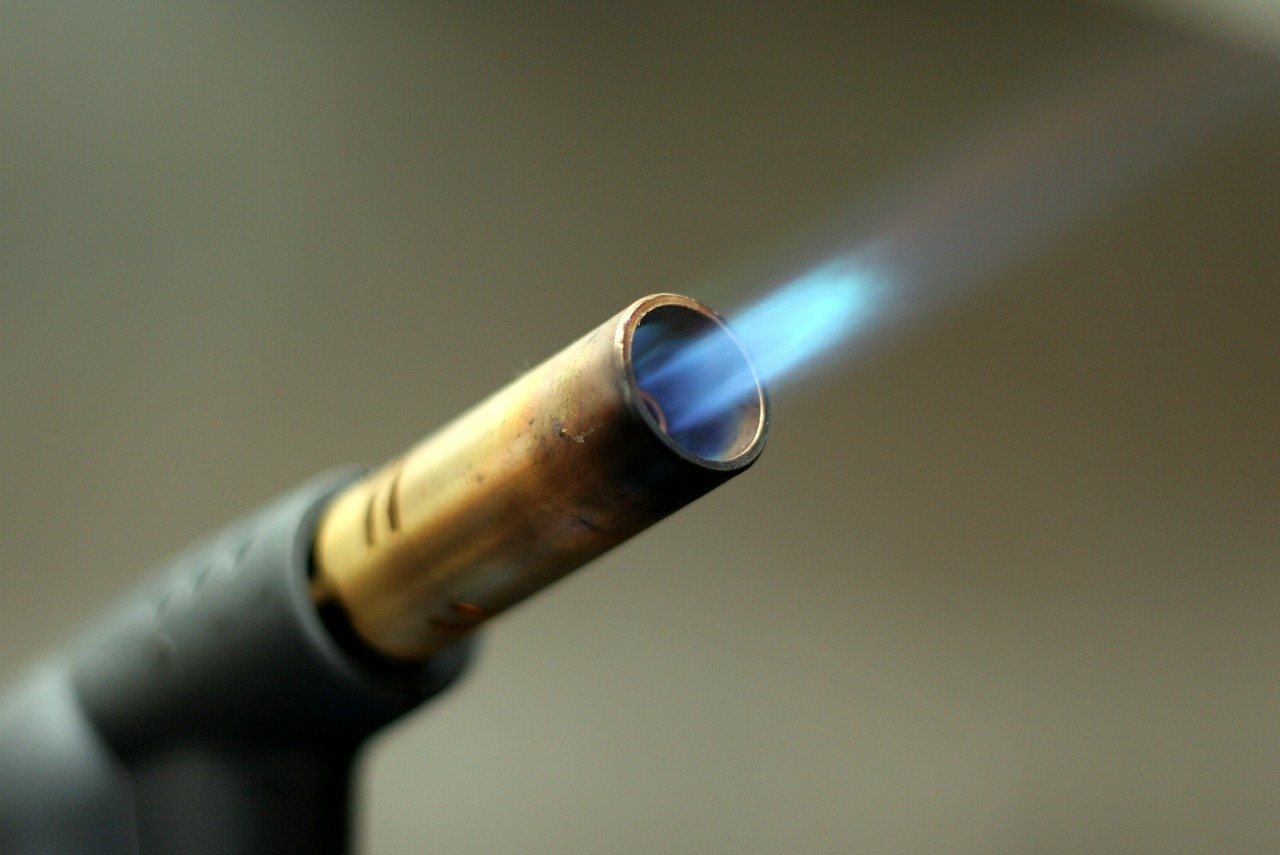
Figure 1.5.3 Five of Disks. Source of Matter. A flamethrower.55
.
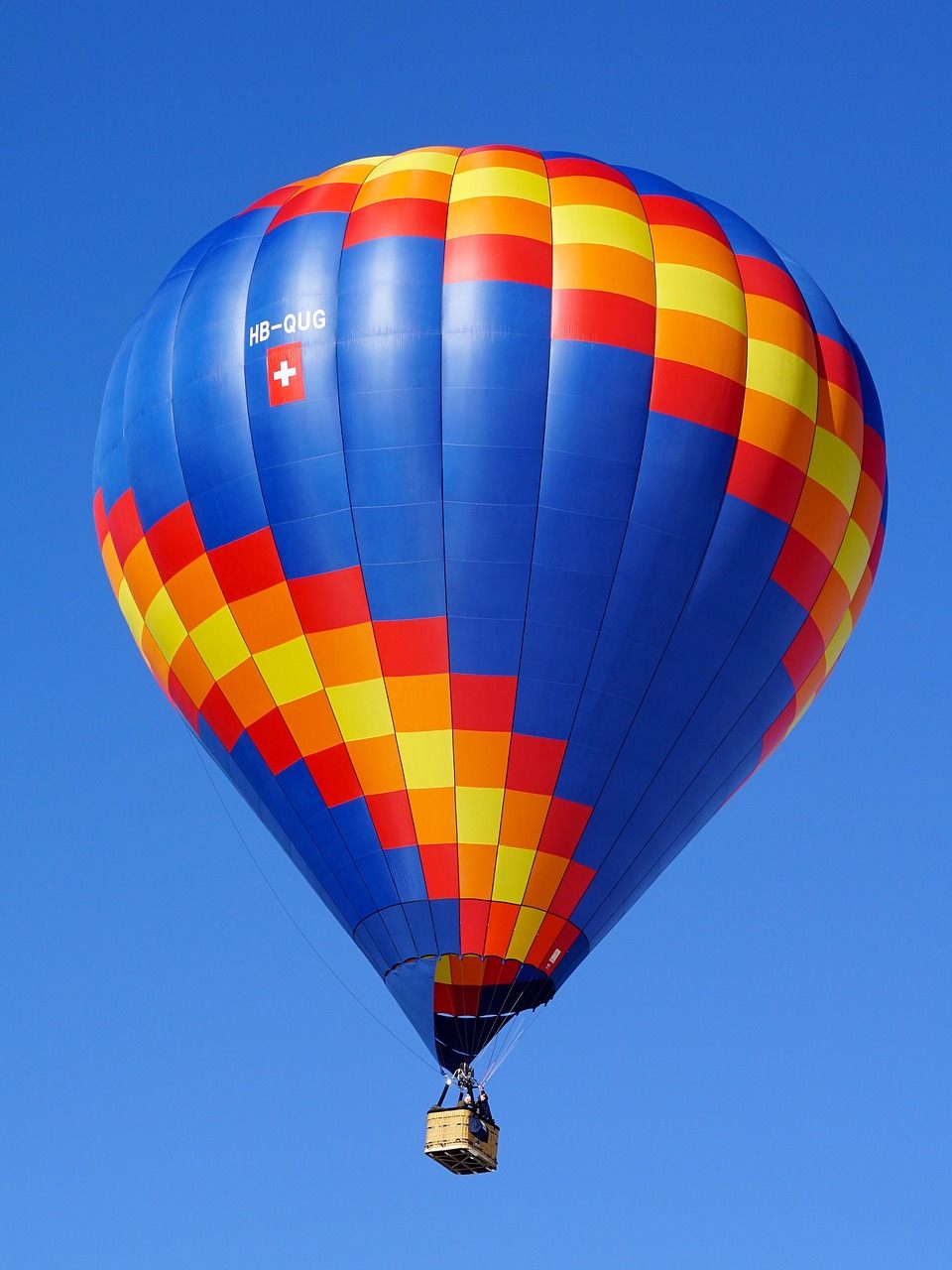
Figure 1.5.4 Five of Disks. Container/storage of Matter. A hot air balloon.56
.
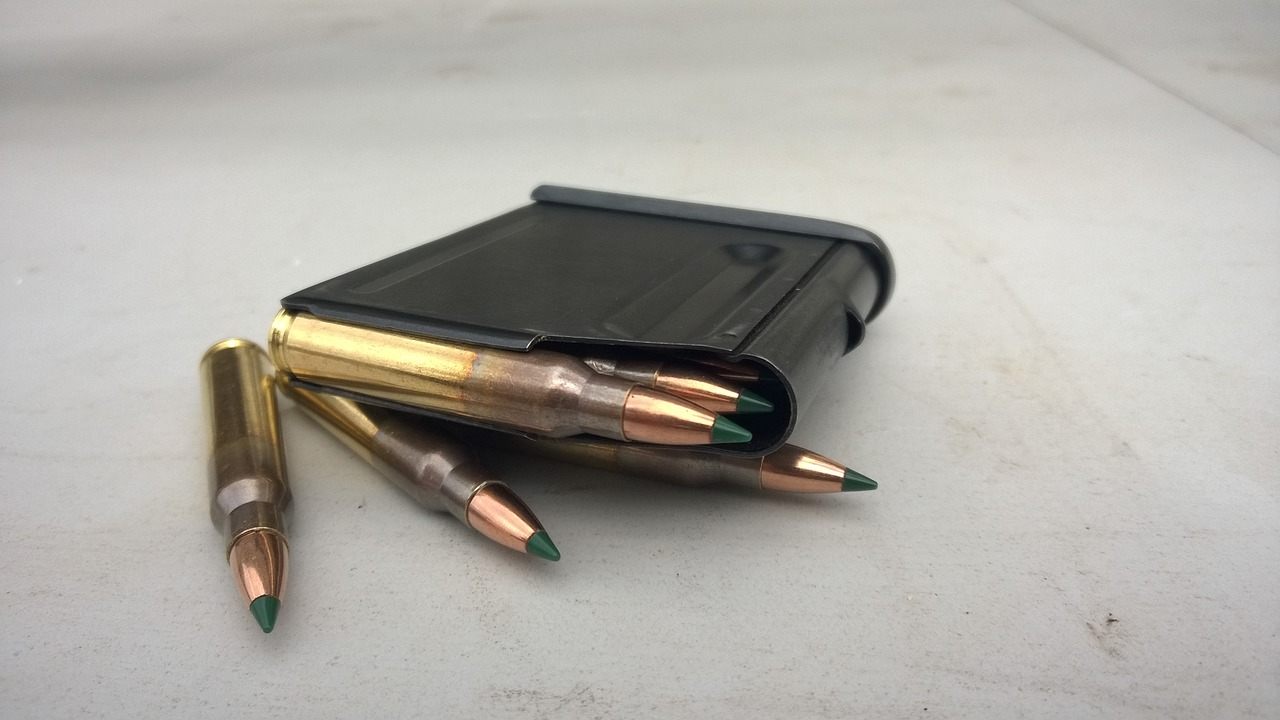
Figure 1.5.5 Five of Disks. Container/storage of Matter. Ammunition store.57
.

Figure 1.5.6 Five of Disks. Storage or source of Matter. Bird feeder, refrigerator.58
.
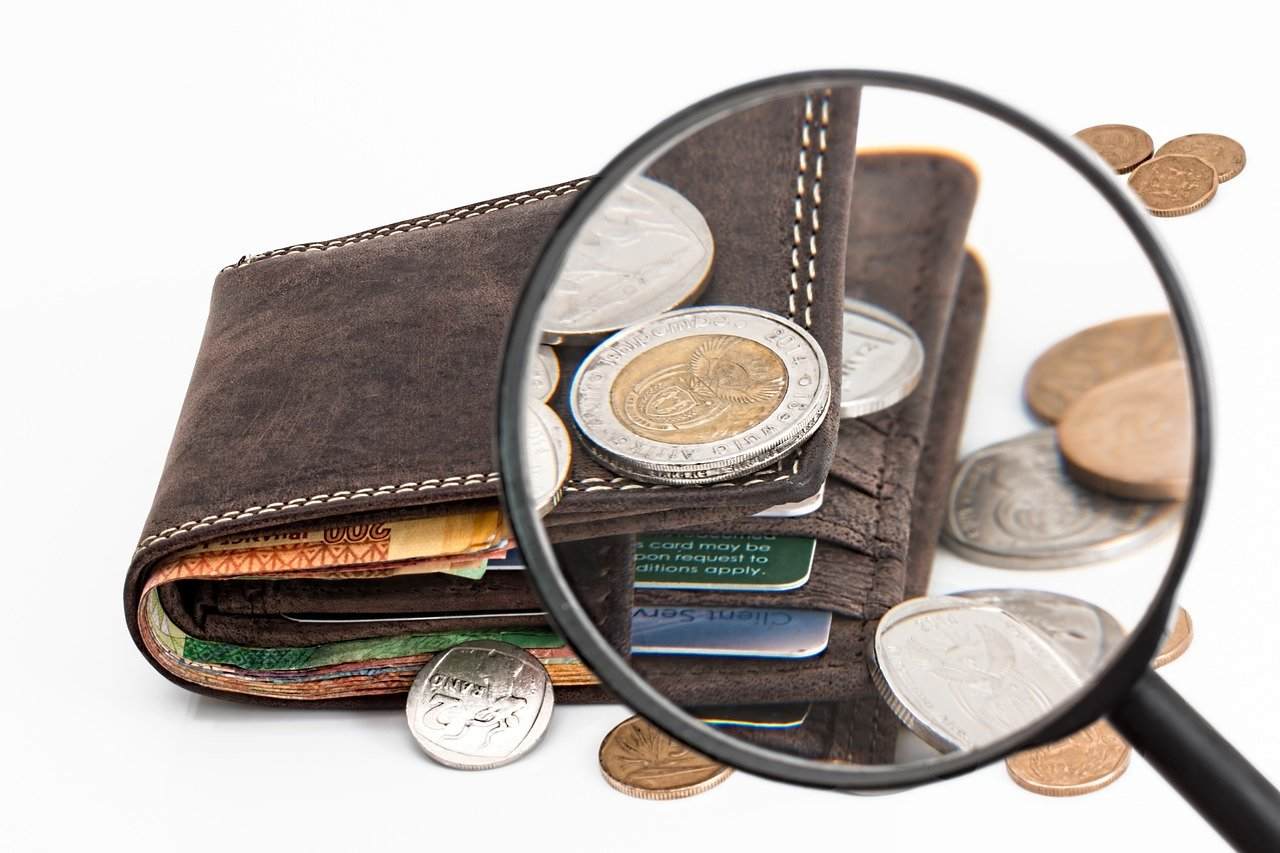
Figure 1.5.7 Five of Disks. Storage and source of Finance. A wallet, a purse, a bank vault.59
.
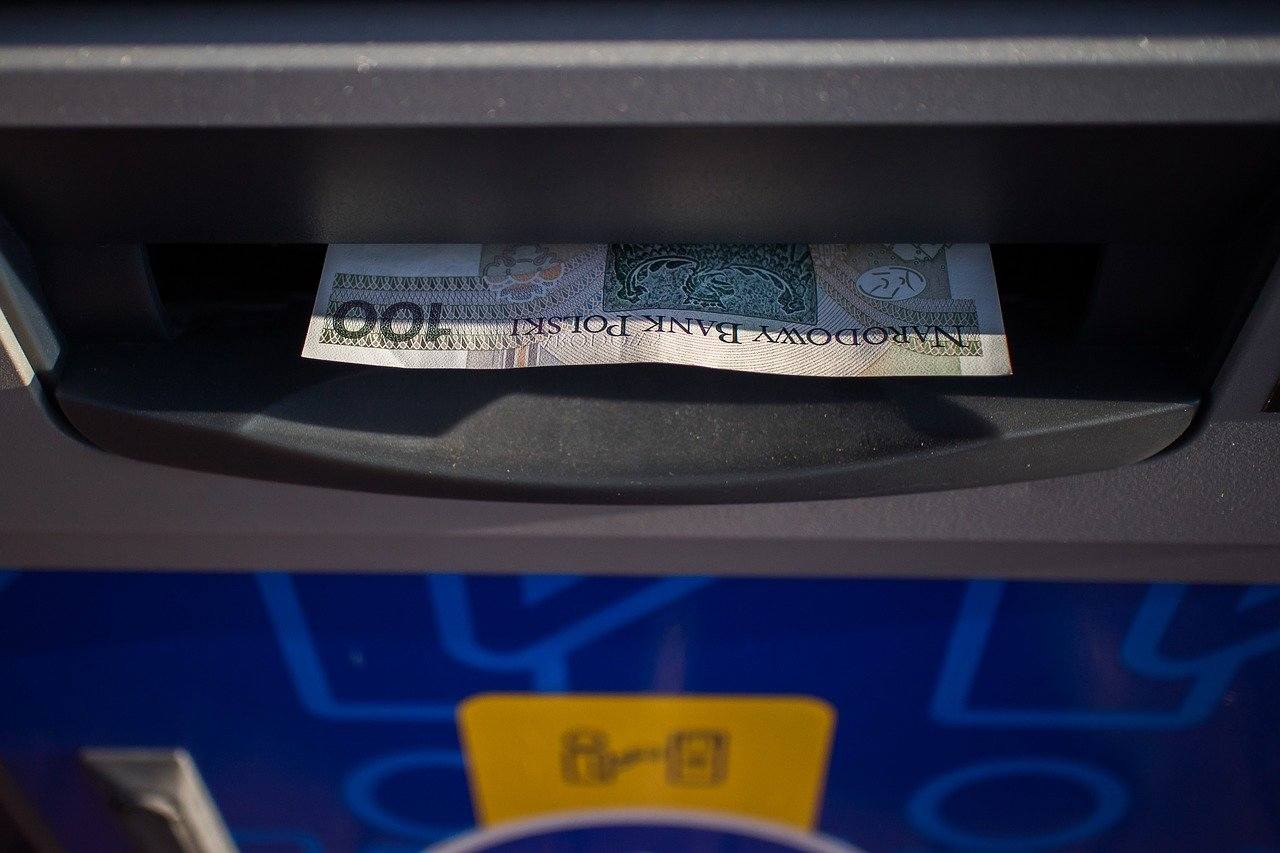
Figure 1.5.8 Five of Disks. Storage or source of Finance. ATM machine. Money withdrawal.60
.
The defining feature of the Five of Disks is that it's a place of storage and (or) a source of Matter (or Finance).
.
Six of Disks
.
Business is the art of extracting money from another person's pocket without resorting to violence.
.
"Sixes", according to the Kabbalah, are the system (3) + the system (3). That is, the interchange, interpenetration, circulation, interaction of systems.
Thus, the Six of Disks is the interchange, interpenetration, diffusion61, circulation of Matter or Finance.
For example, it may symbolize the mixing of Matter or Finance in some form.
.
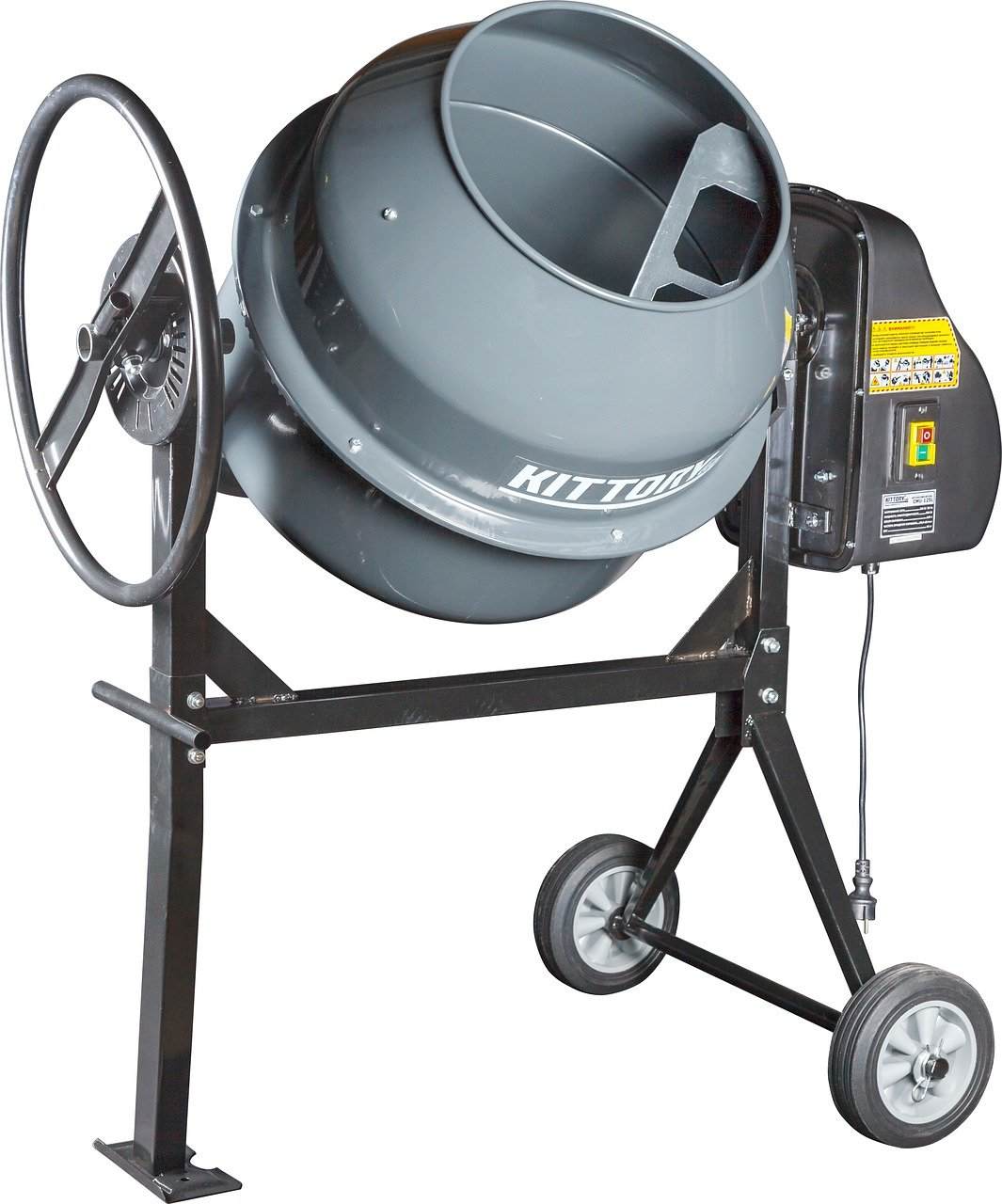
Fig. 1.6.1 Six of Disks. Interchange, interpenetration, circulation of Matter. A concrete mixer. A mixer of loose, bulk mixtures.62
.
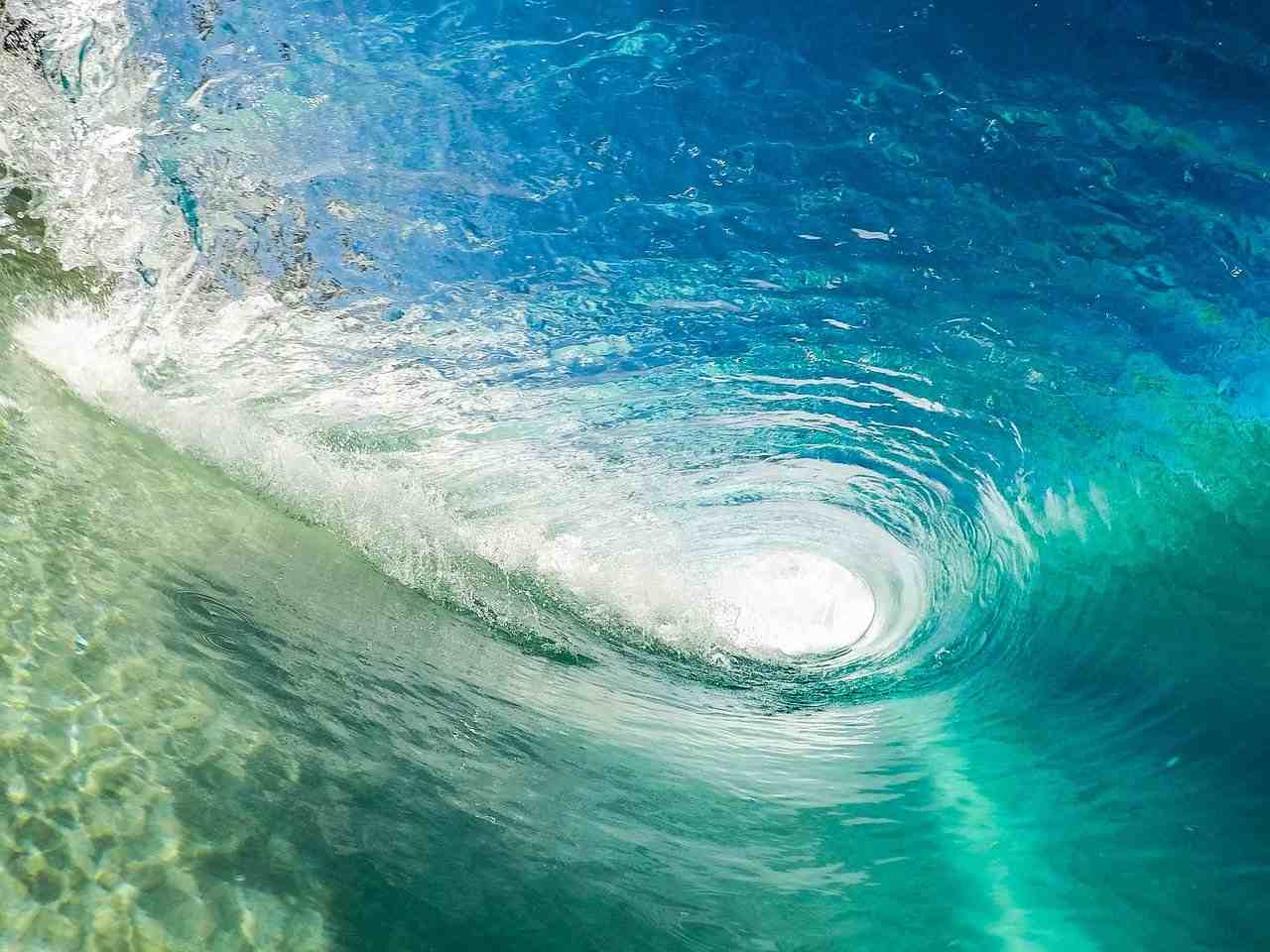
Fig. 1.6.2 Six of Disks. A whirlpool. A wave. A centrifugal pump.63
.

Fig. 1.6.3 Six of Disks. A turbojet engine. A force-pump 64in an internal combustion engine.65
.
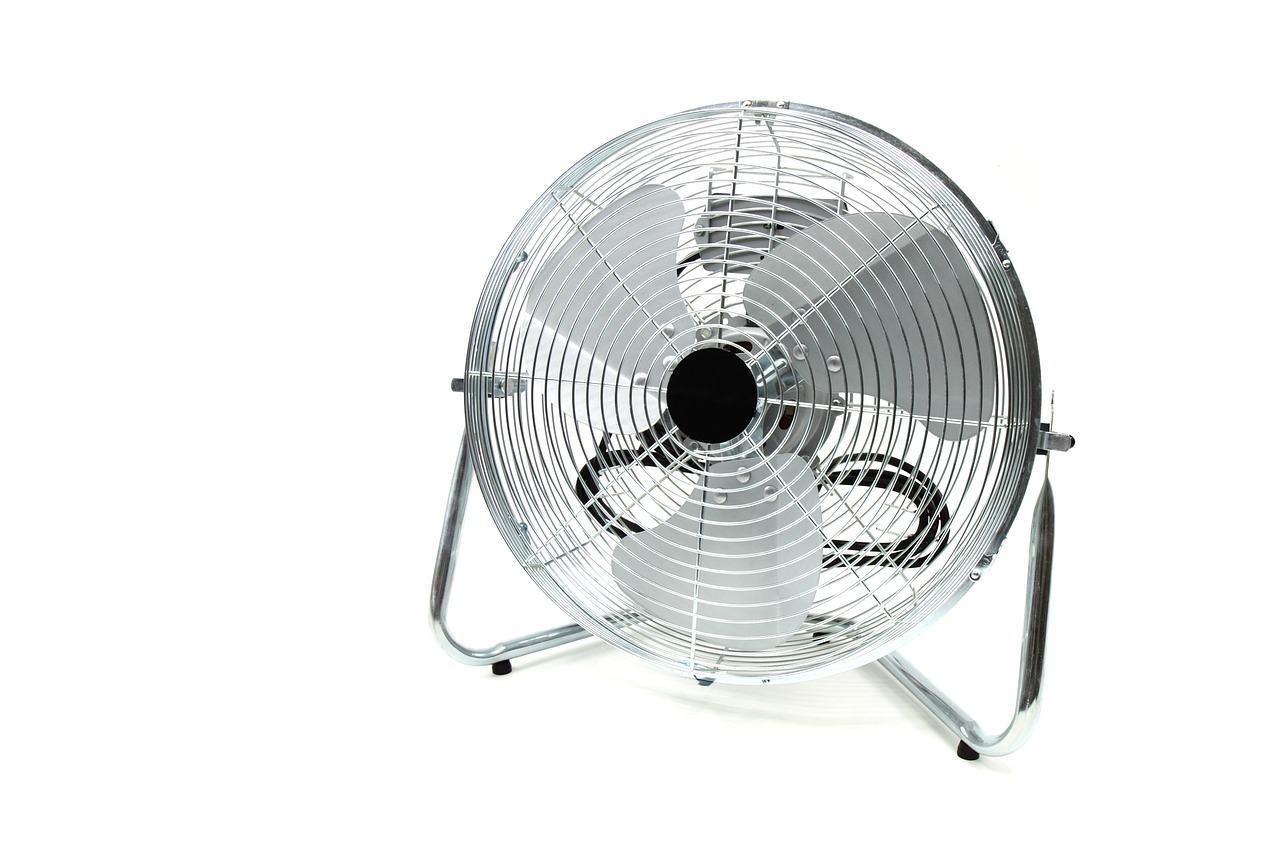
Fig. 1.6.4 Six of Disks. A fan. A breeze. The mixing of gases.66
.
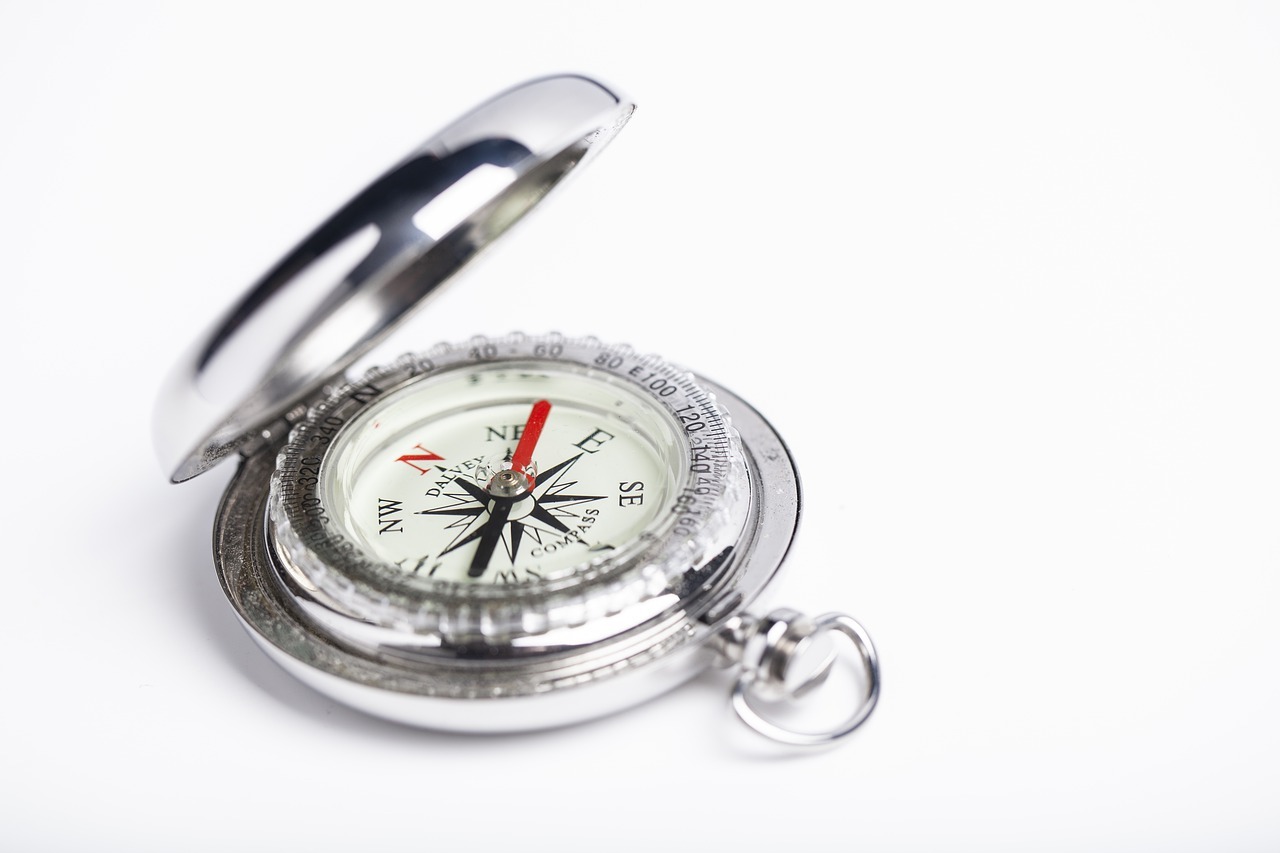
Fig. 1.6.5 Six of Disks. The Earth's magnetic field. A compass. The magnetic field turns the compass needle.67
.

Fig. 1.6.6 Six of Disks. A salesperson. A store. A market. Buying, selling, haggling.68
.

Fig. 1.6.7 Six of Disks. The interweaving and interpenetration of various kinds of Finances. A single, unified banking system.69
.

Fig. 1.6.8 Six of Disks. An e-store.70
.
The defining feature of the Six of Disks – the interpenetration, the circulation of Matter (or Finance).
.
Seven of Disks
.
– How do you manage to create such magnificent statues?
– I take a block of marble and chisel away the superfluous material.
I saw the angel in a piece of marble and carved until I set him free.
(Michelangelo Buonarotti)
.
"Sevens", according to the Kabbalah, represent harmony, harmonization, a geometrically "correct" form, cutting off or eliminating everything superfluous or excessive.
Thus, the Seven of Disks is harmony, harmonization, a geometrically "correct" form, cutting off or eliminating everything superfluous or excessive in Matter or Finance.
For example, it may symbolize a tea strainer or some form of economy.
.
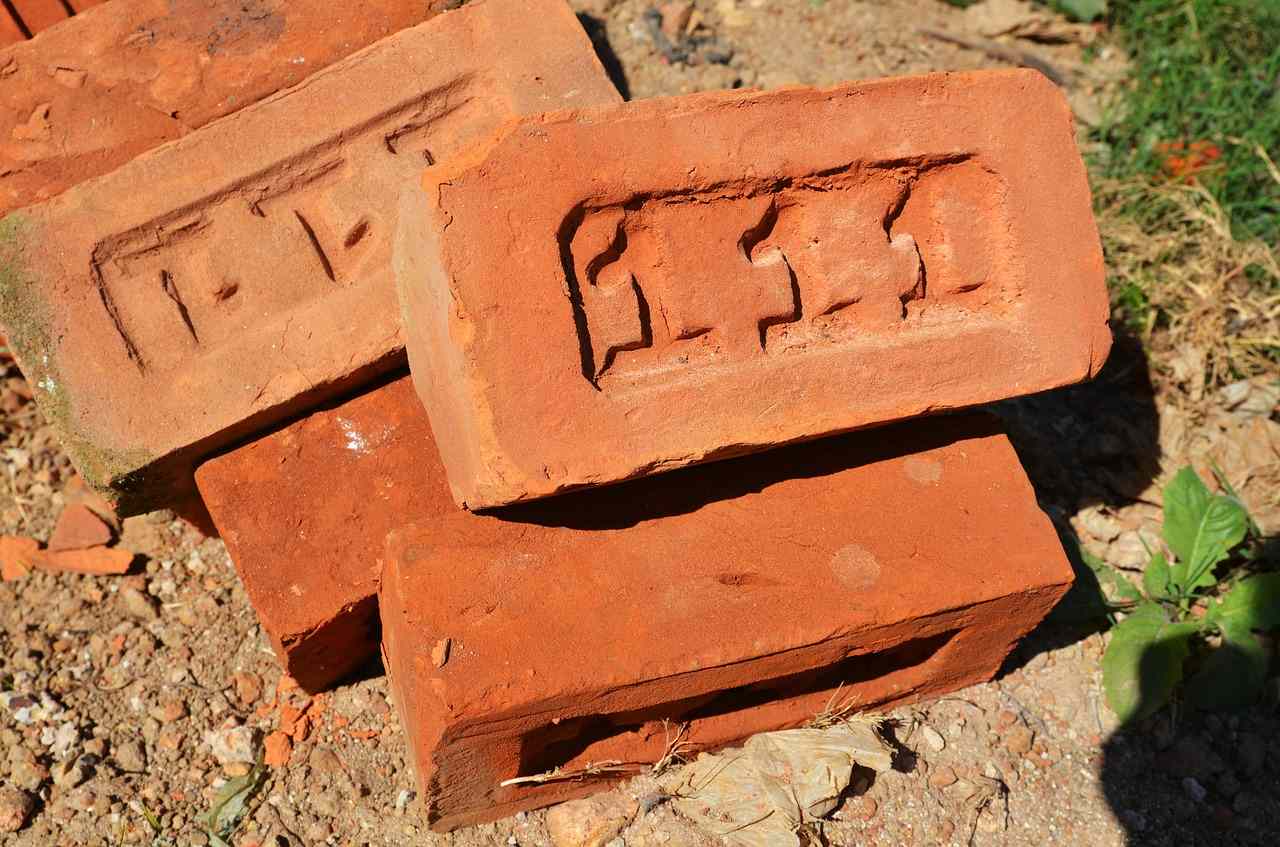
Fig. 1.7.1 Seven of Disks – this is harmony, a geometrically "correct" form, elimination of all superfluous Matter. Any man-made objects with a geometrically correct form. Bricks, tiles, beams, pipes, corners, etc.71
.

Fig. 1.7.2 Seven of Disks. A washbasin. A shower. A toilet. Plumbing. Rain water drainage systems. Garbage disposals. Elimination of dirt and waste products.72
.
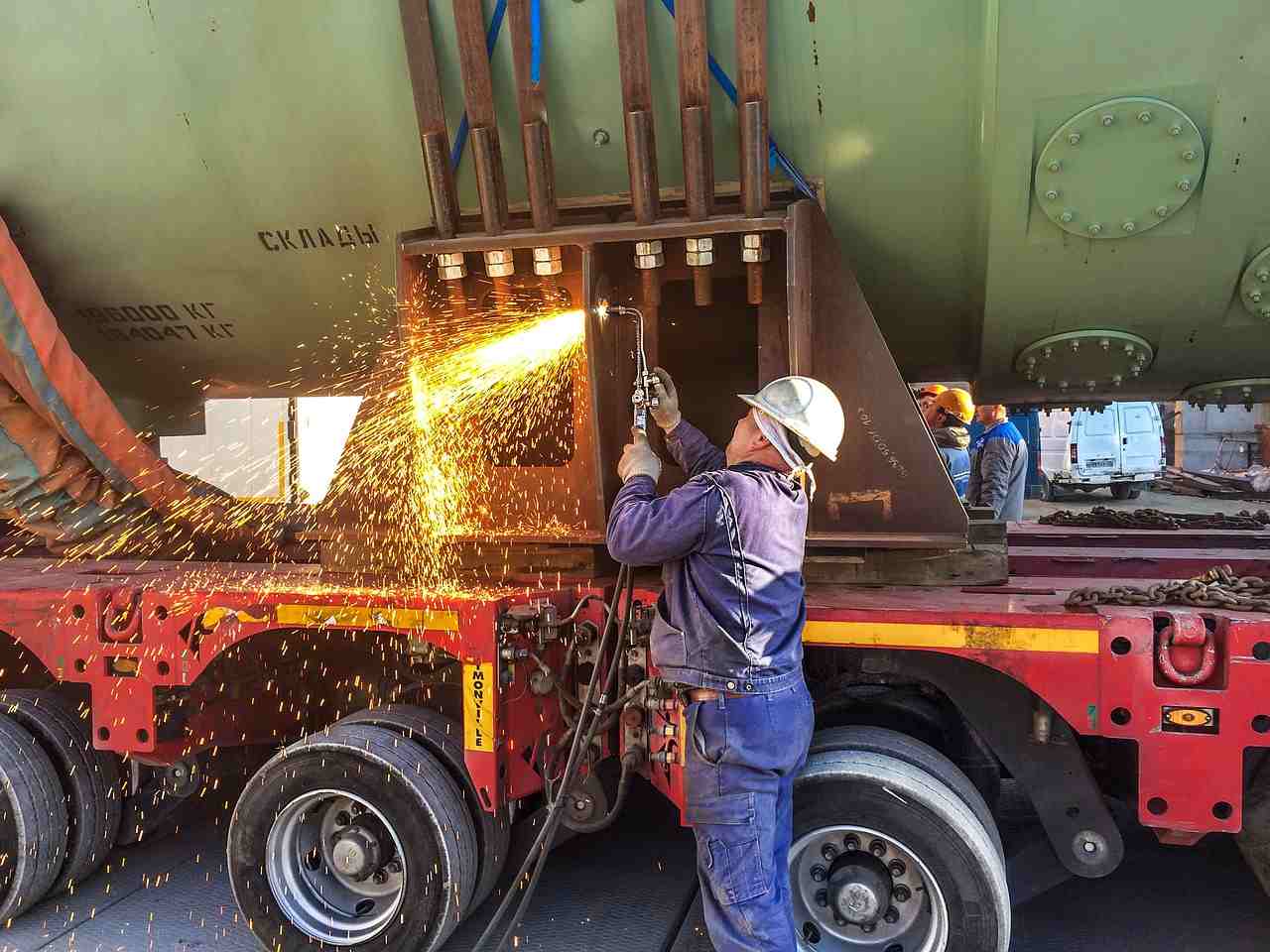
Fig. 1.7.3 Seven of Disks – elimination of all superfluous Matter. A blowtorch. A CNC flame cutting machine. Accordingly, welding is a "reversed" Seven of Disks – the addition of "extra" Matter.73
.
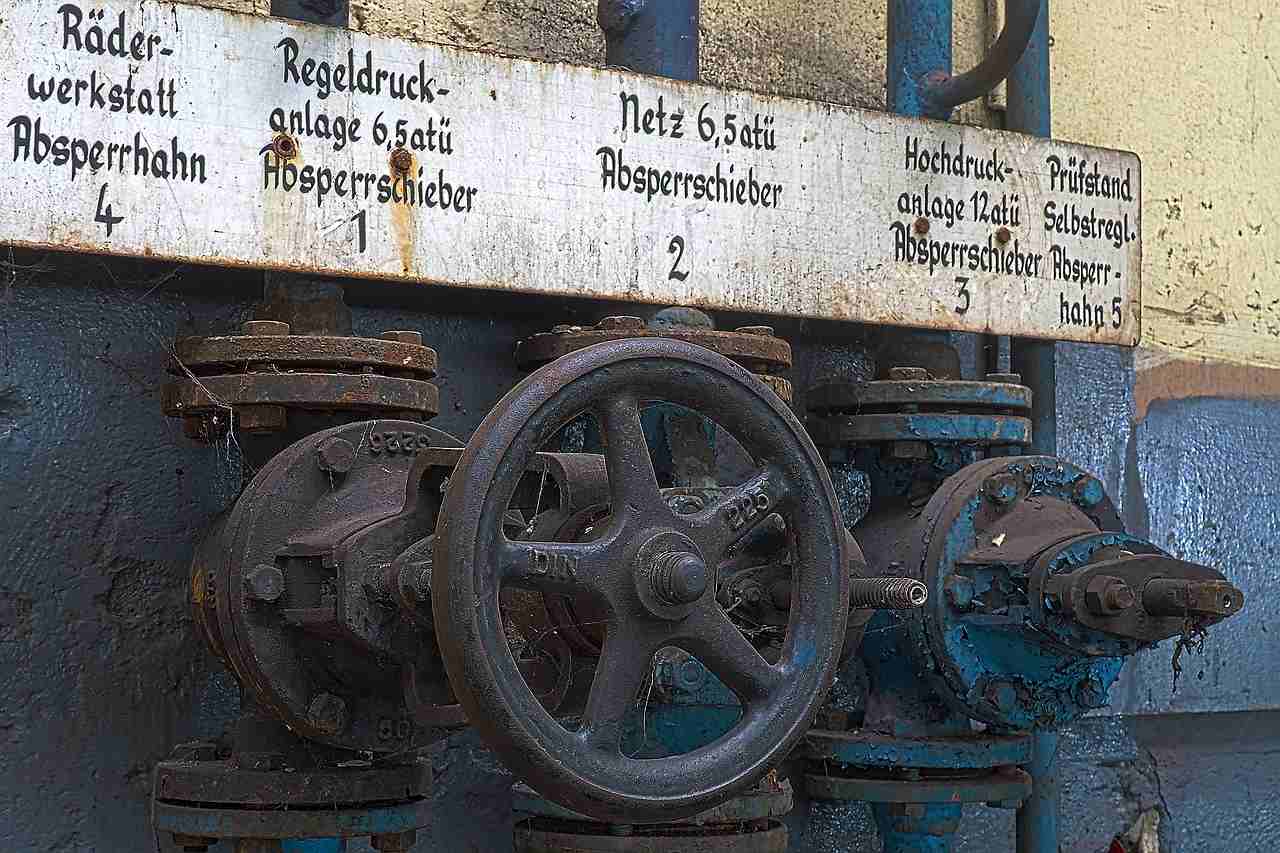
Fig. 1.7.4 Seven of Disks. Cranes, valves, pressure regulators, shut-off valves. Cutting off "excess" gas or liquid flow.74
.
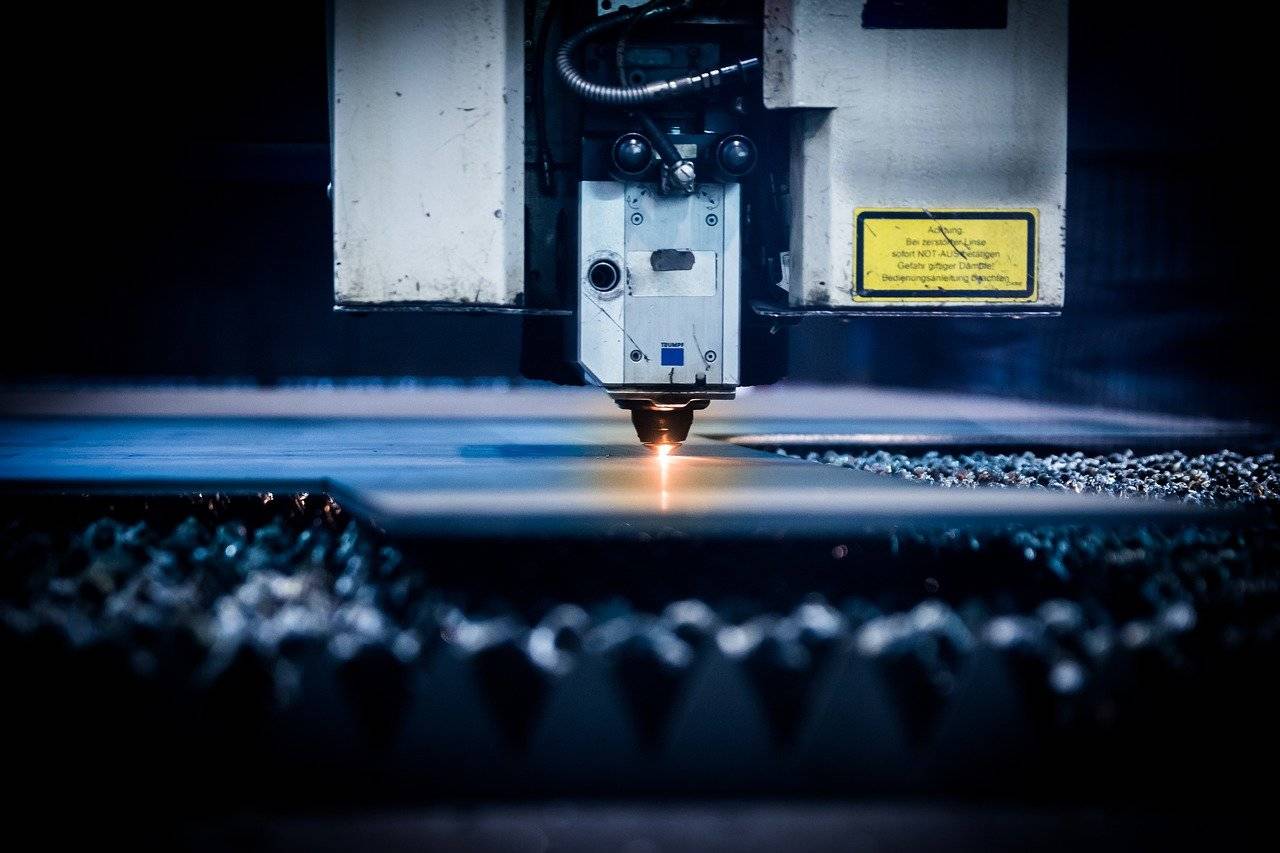
Fig. 1.7.5 Seven of Disks – cutting off all excess Matter. Laser cutting.75
.

Fig. 1.7.6 Seven of Disks. A protective suit – "cuts off" harmful "excess" air, temperature, acid. Any pragmatic utilitarian clothing.76
.
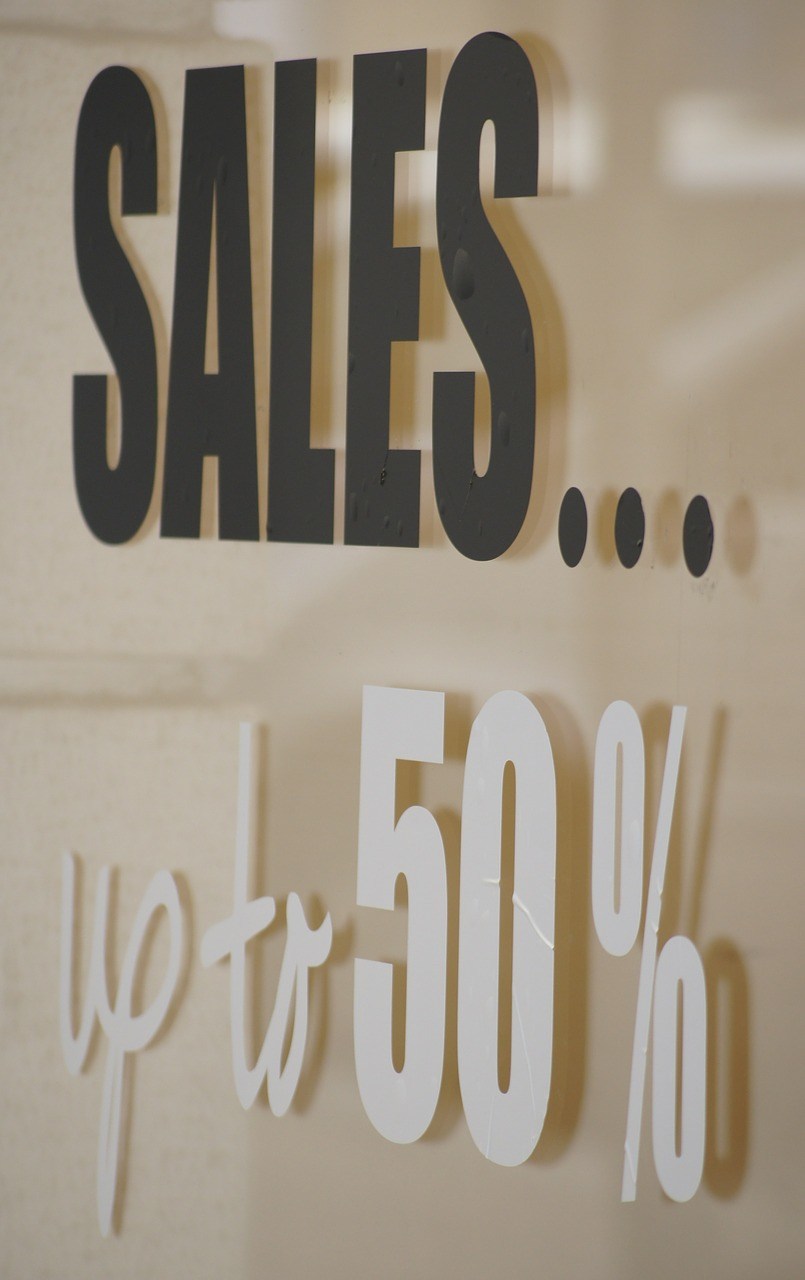
Figure 1.7.7 Seven of Disks – harmony, harmonization, elimination of everything unnecessary or excessive from Finances. Sales, promos, savings, cost reduction, "liquidation" prices.77
.
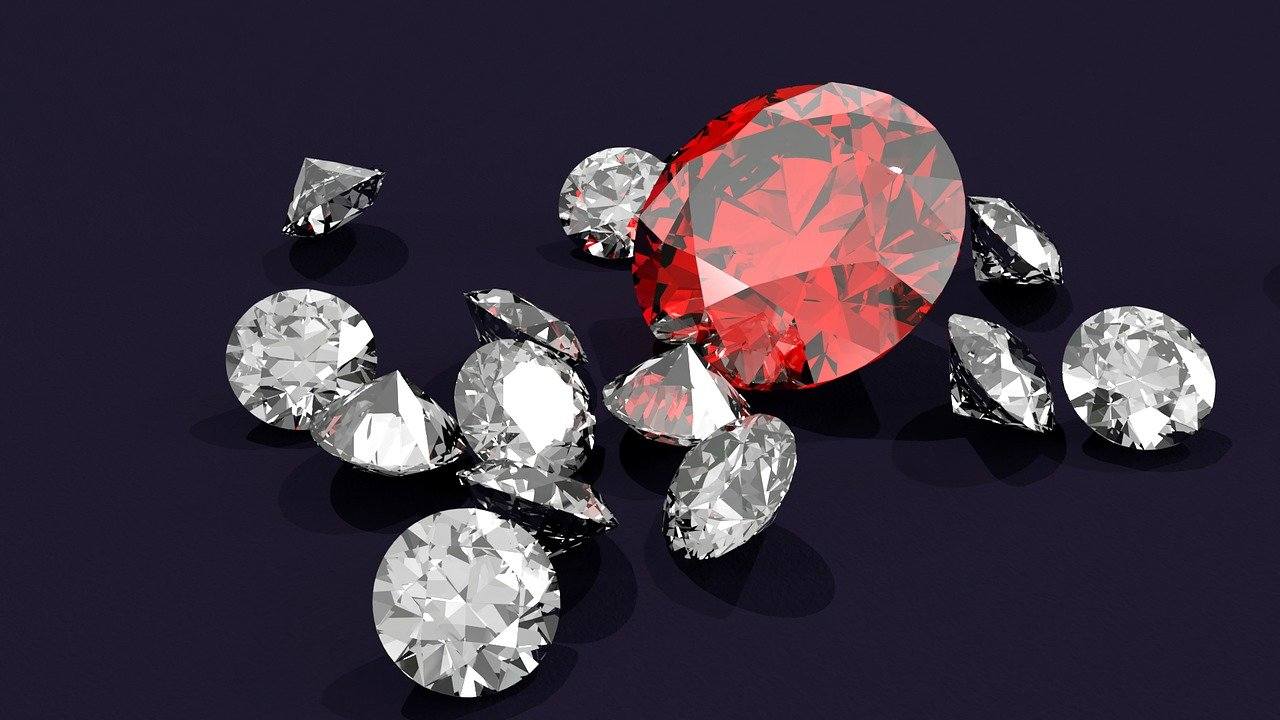
Fig. 1.7.8 Seven of Disks – harmony, harmonization, a geometrically "correct" form, a cutting away of everything excessive in Matter and Finance. A diamond. That is, a natural diamond, which has been given a geometrically "correct" form by eliminating everything excessive. All natural precious stones after being processed, cut, and polished. Processed gemstones are at once both objects of Matter and Finance.78
.
The defining feature of the Seven of Disks is that everything excessive from Matter (or Finance) has been eliminated or cut away, thereby achieving harmony.
.
Eight of Disks
.
Decorating one's aquarium in "Titanic" style is the latest rage among "new Russians". So, these three guys get together and start bragging, who's got the coolest aquarium. The first one takes everyone to his place and shows them a huge wall-sized aquarium, with all sorts of strange fish, and rusty spoons, cups and other junk lying on the bottom.
– I bought this at an auction in London. All this stuff was taken straight from the Titanic!
And the second guy says:
– That's nothing! Let's go to my place!
He's got this giant glass bowl, nearly the size of his house, with all sorts of fish swimming inside, and wreckage of the Titanic sticking out of the mud at the bottom.
– This is an exact copy, I ordered it from James Cameron!
And the third guy says:
– Dudes, don't make me laugh. All this is crap. Let's go to my place and take a look at what I bought!
They go to his mansion and are blown away by the following display: there's a pool, no fish but with floating icebergs, and Leonardo DiCaprio frozen at the bottom…
.
"Eights", according to the Kabbalah, are form + form.
In other words, a conglomerate of forms – a composite form.
An artificial conglomerate of forms is called a formation. A formation usually consists of geometrically "correct" forms.
From the limited point of view of a mortal human being, artificial formations are usually perceived as something stable, solid, and unchanging. But this, in fact, is not the case, it's just that human perception doesn't notice the changes, or regards them as insignificant.
Thus, the Eight of Disks is a kind of stability and resilience, a formation or mechanism, in Matter or Finance.
For example, it may symbolize a house or a Swiss bank.
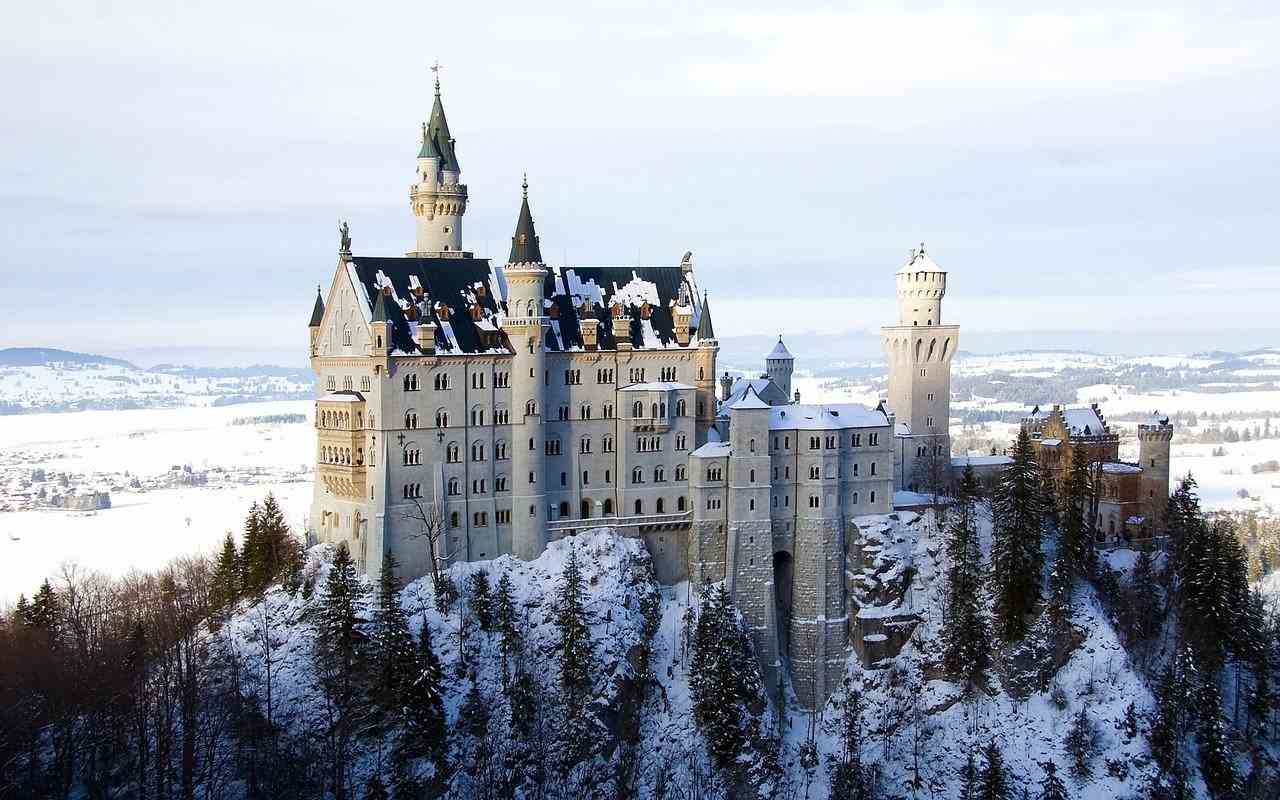
Fig. 1.8.1 Eight of Disks – stability, resilience, a solid Material formation. An old castle. Ancient mountains.79
.
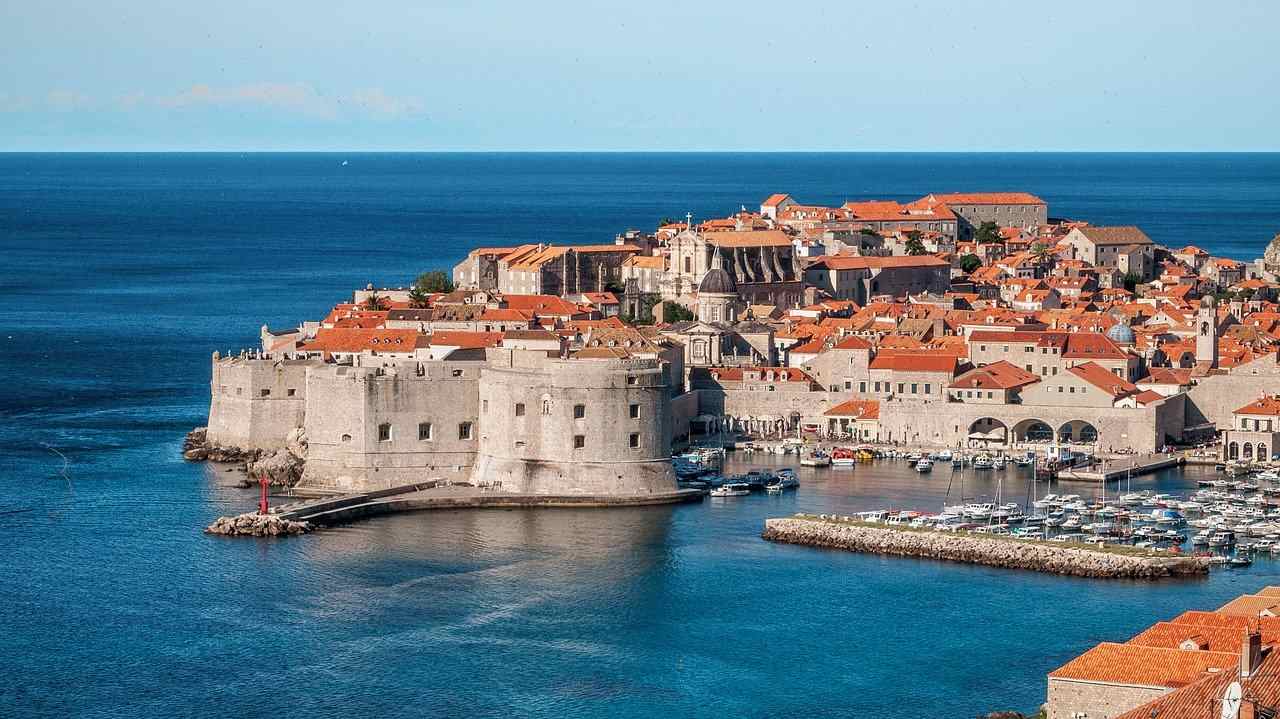
Fig. 1.8.2 Eight of Disks. A mixture of "simple" liquids is a cocktail. A "mix" of buildings – an old port city. The "eternal" Ocean, the sea.80
.
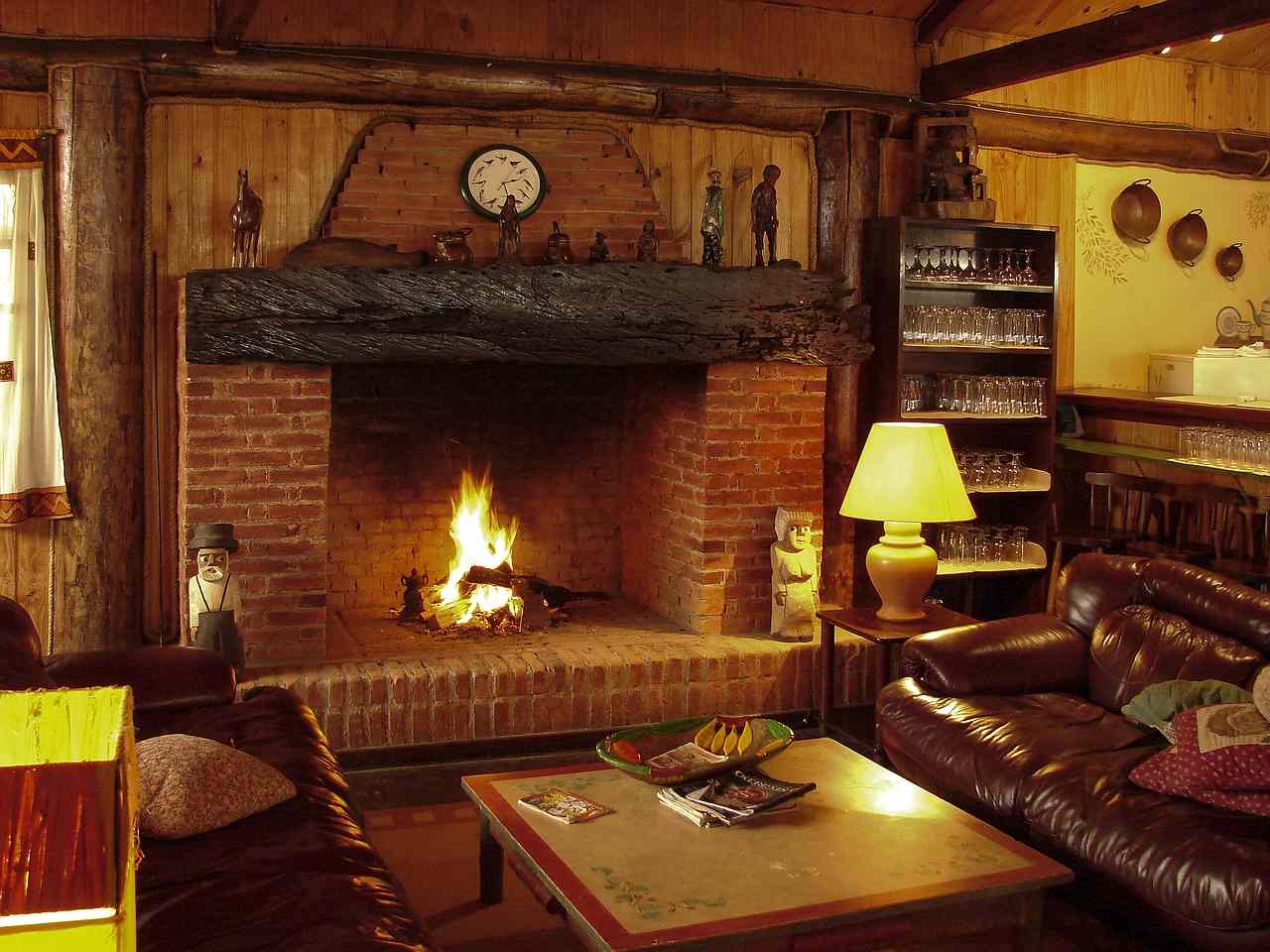
Fig. 1.8.3 Eight of Disks – a formation of Matter. A fireplace. An oven. A hearth.81
.

Fig. 1.8.4 Eight of Disks – stability, resilience, a formation of Matter. An old mill in the Netherlands. A windmill.82
.

Fig. 1.8.5 Eight of Disks – stability, constancy of Matter. The "eternal" sun overhead. The moon, which is "always" in the sky. The "eternal" sky.83
.
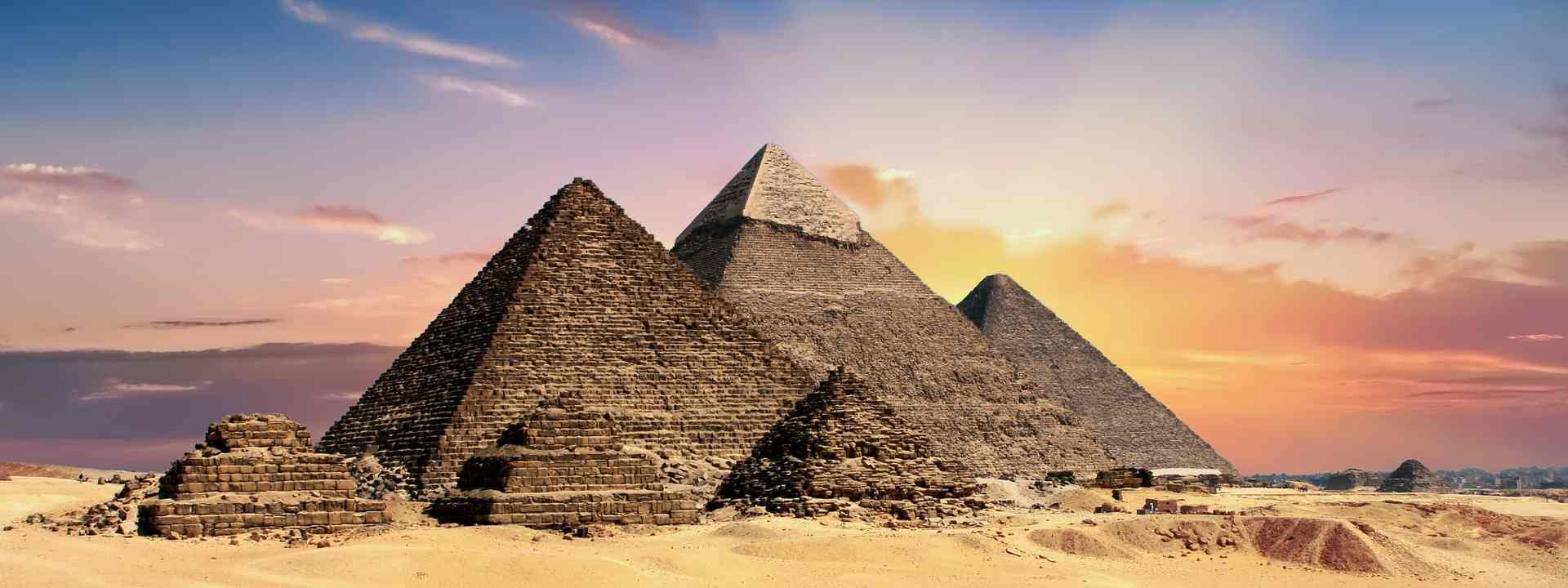
Fig. 1.8.6 Eight of Disks. Historical monuments with a long history. Pyramids, Stonehenge, the Vatican, etc.84
.
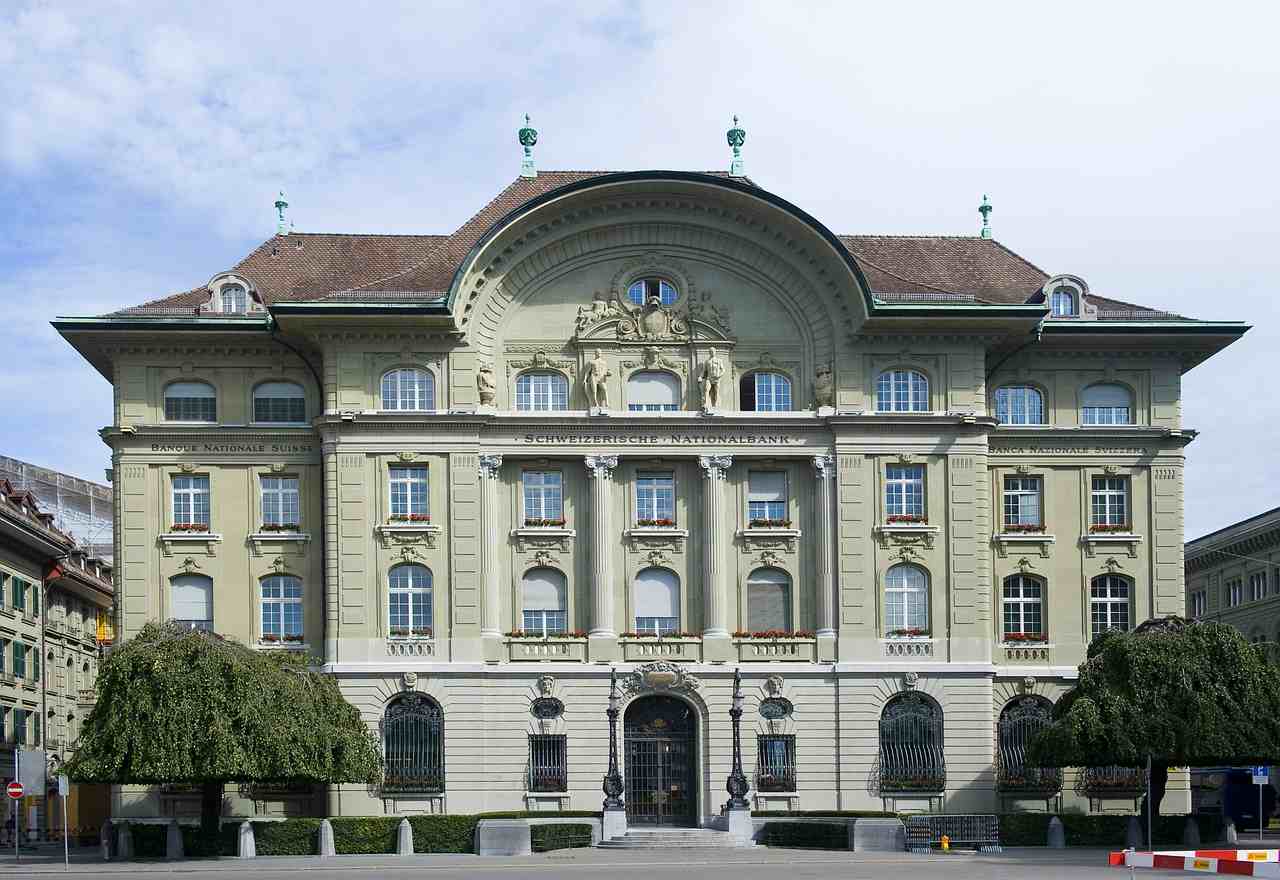
Fig. 1.8.7 Eight of Disks – stability, resilience, a formation of Matter and Finance. A reliable bank with a centuries-old history.85
.
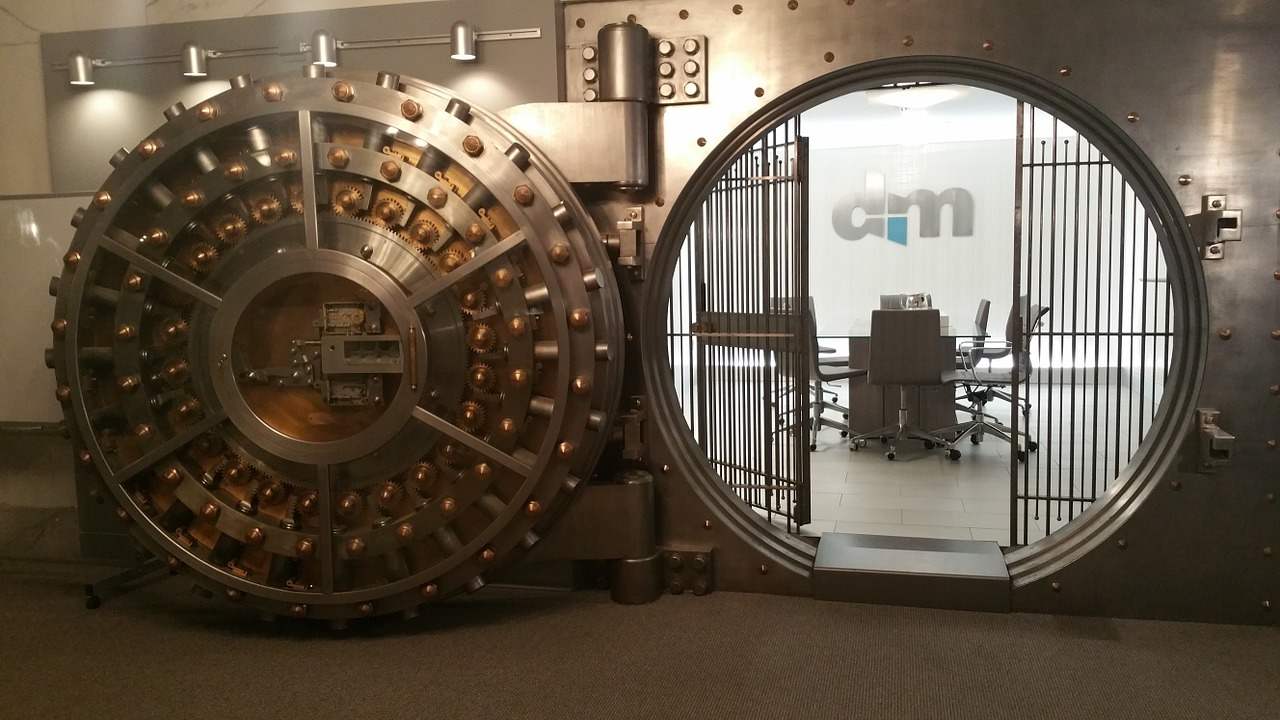
Fig. 1.8.8 Eight of Disks – stability, reliability, a formation, a mechanism of Matter and Finance. A safe deposit box, a bank vault.86
.
The defining feature of Eight of Disks is that it's a kind of stable material (or financial) formation of simpler elements in/over time. As a general rule, it can be taken apart into simpler elements, and then reassembled.
.



